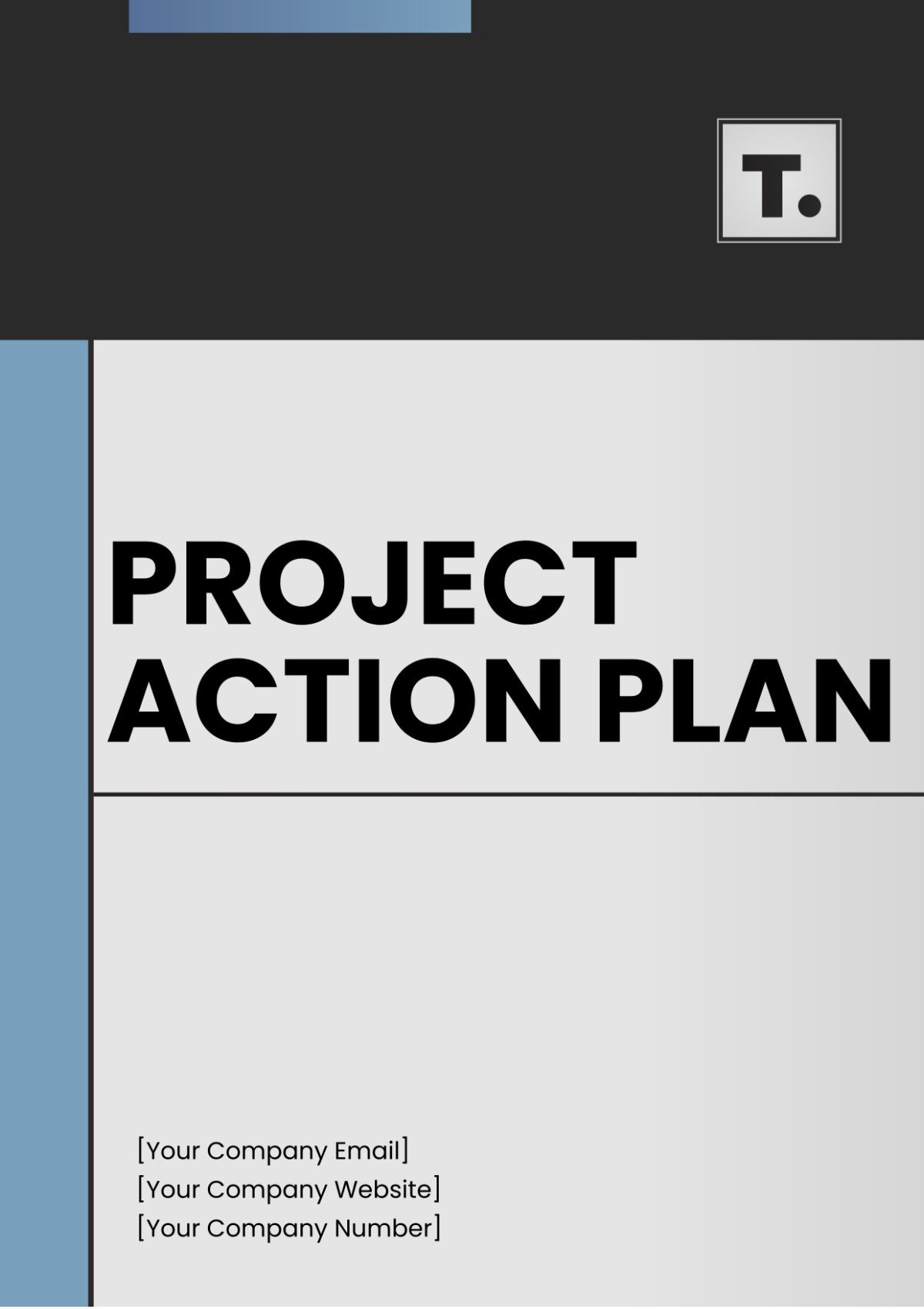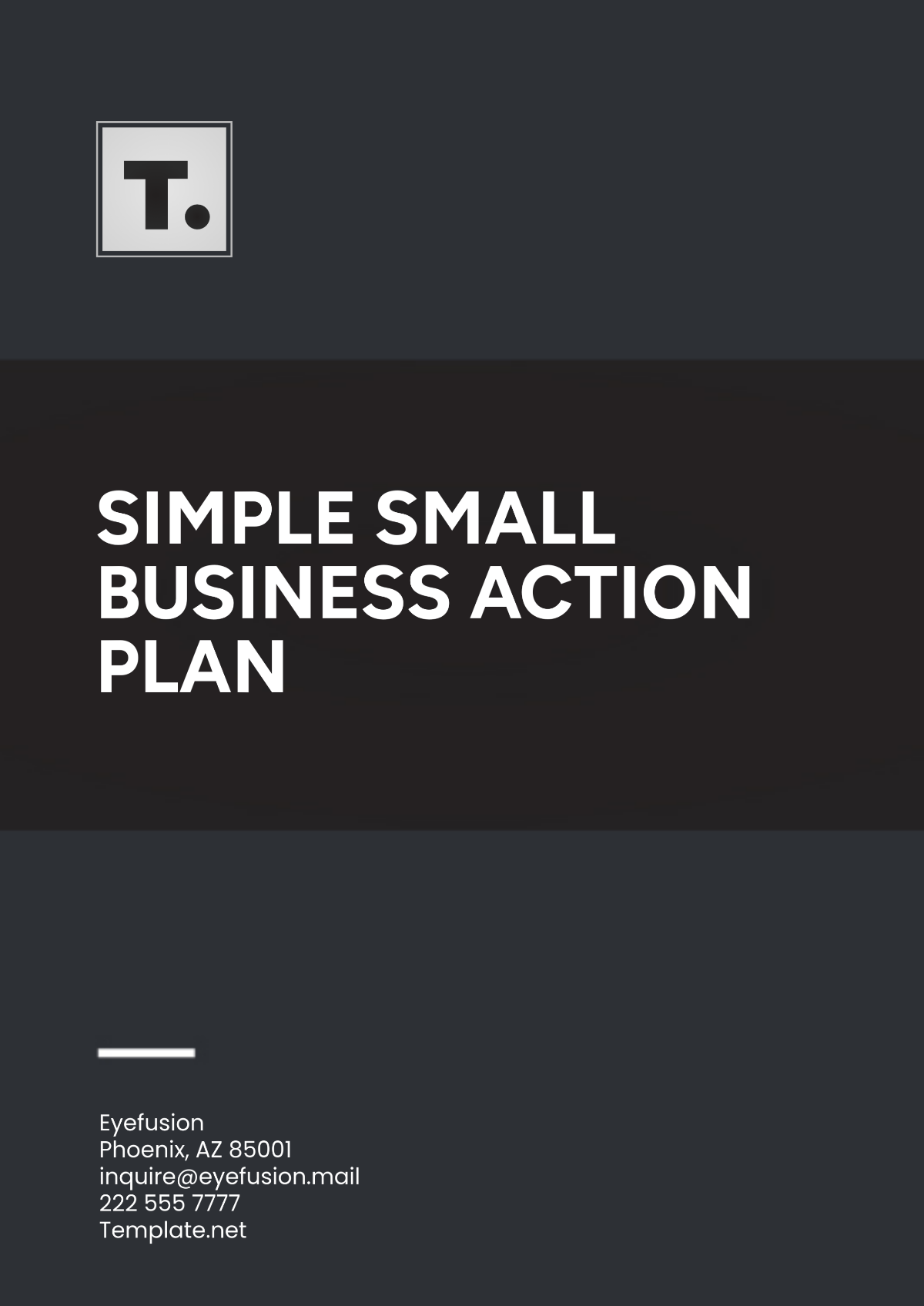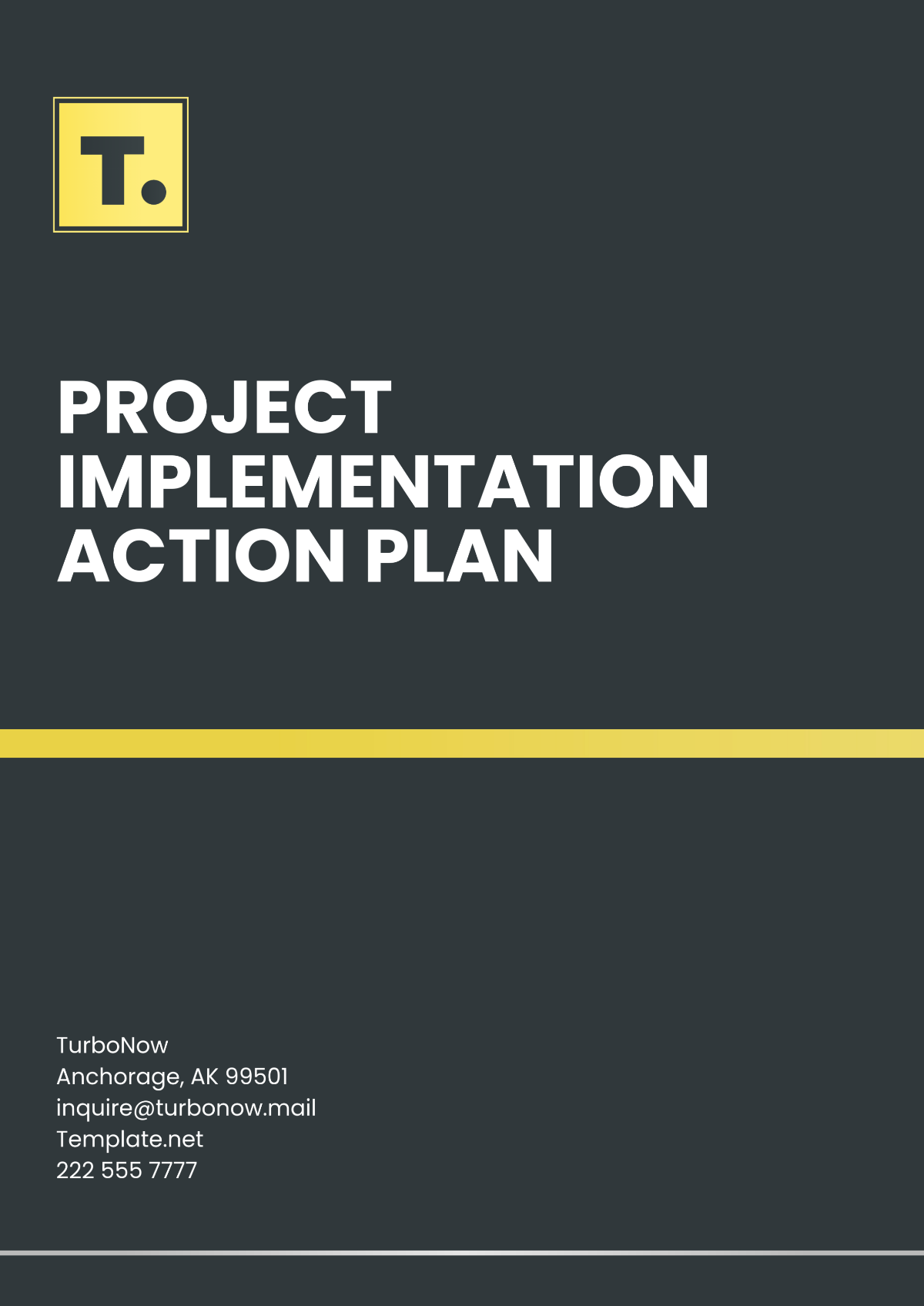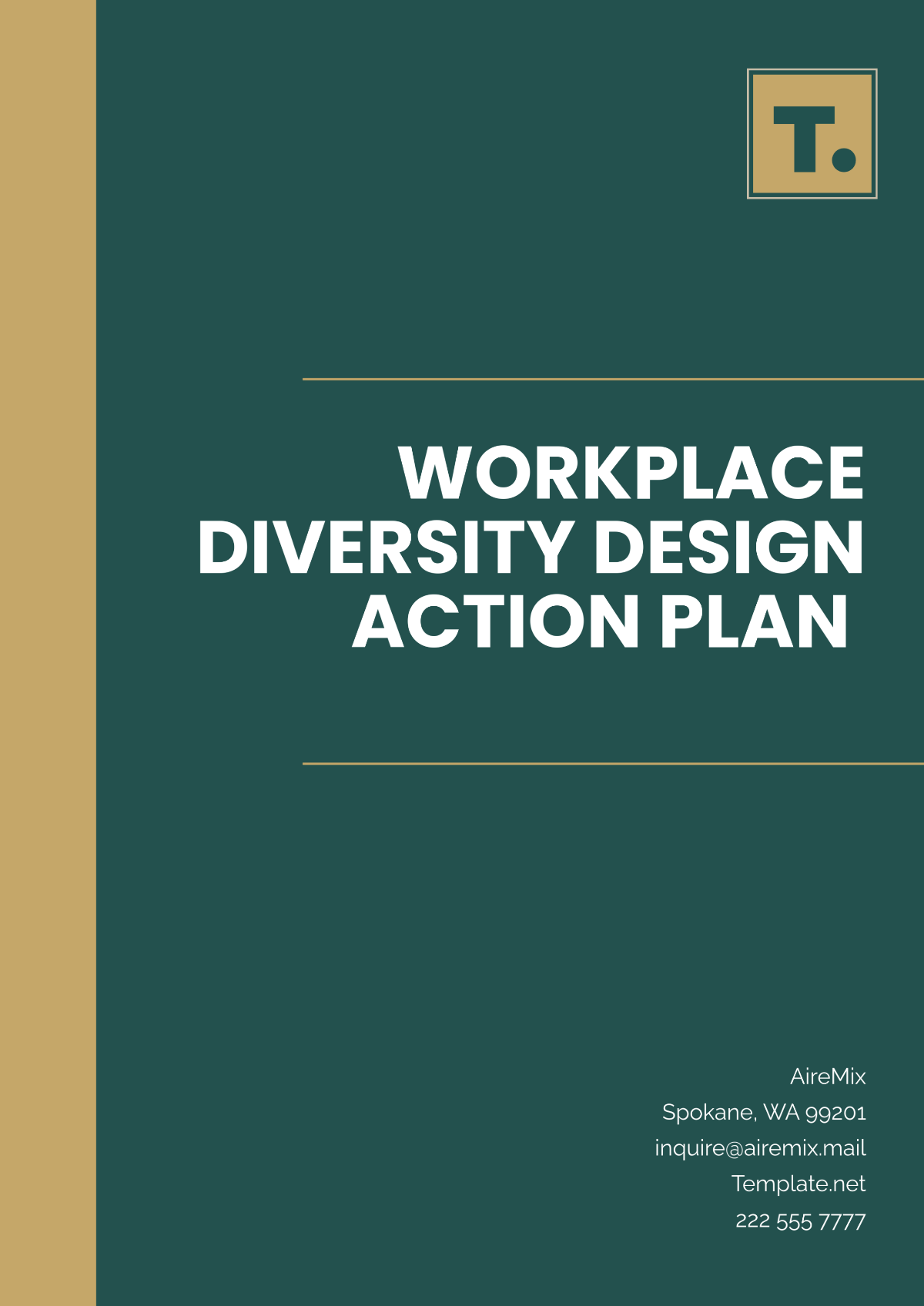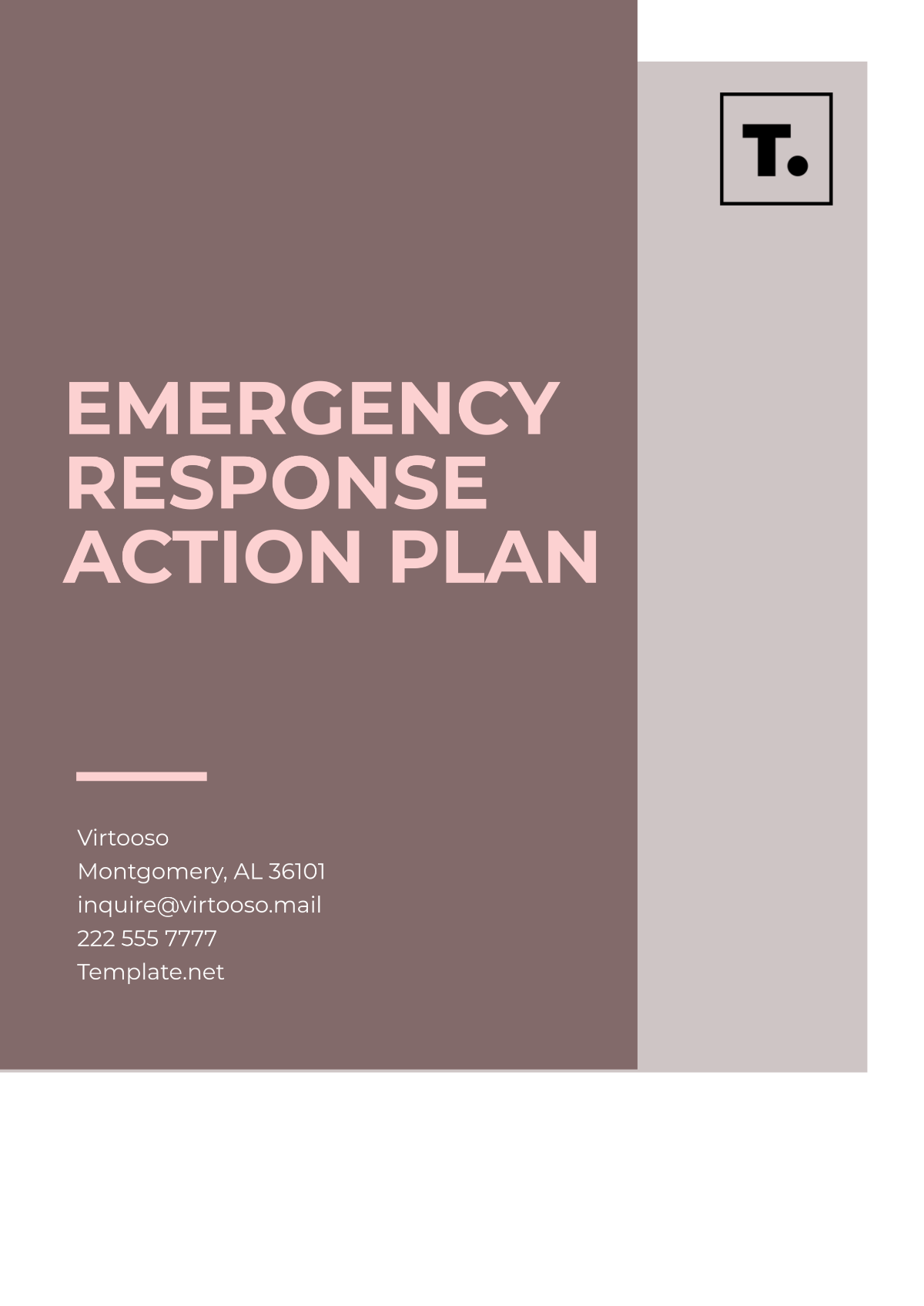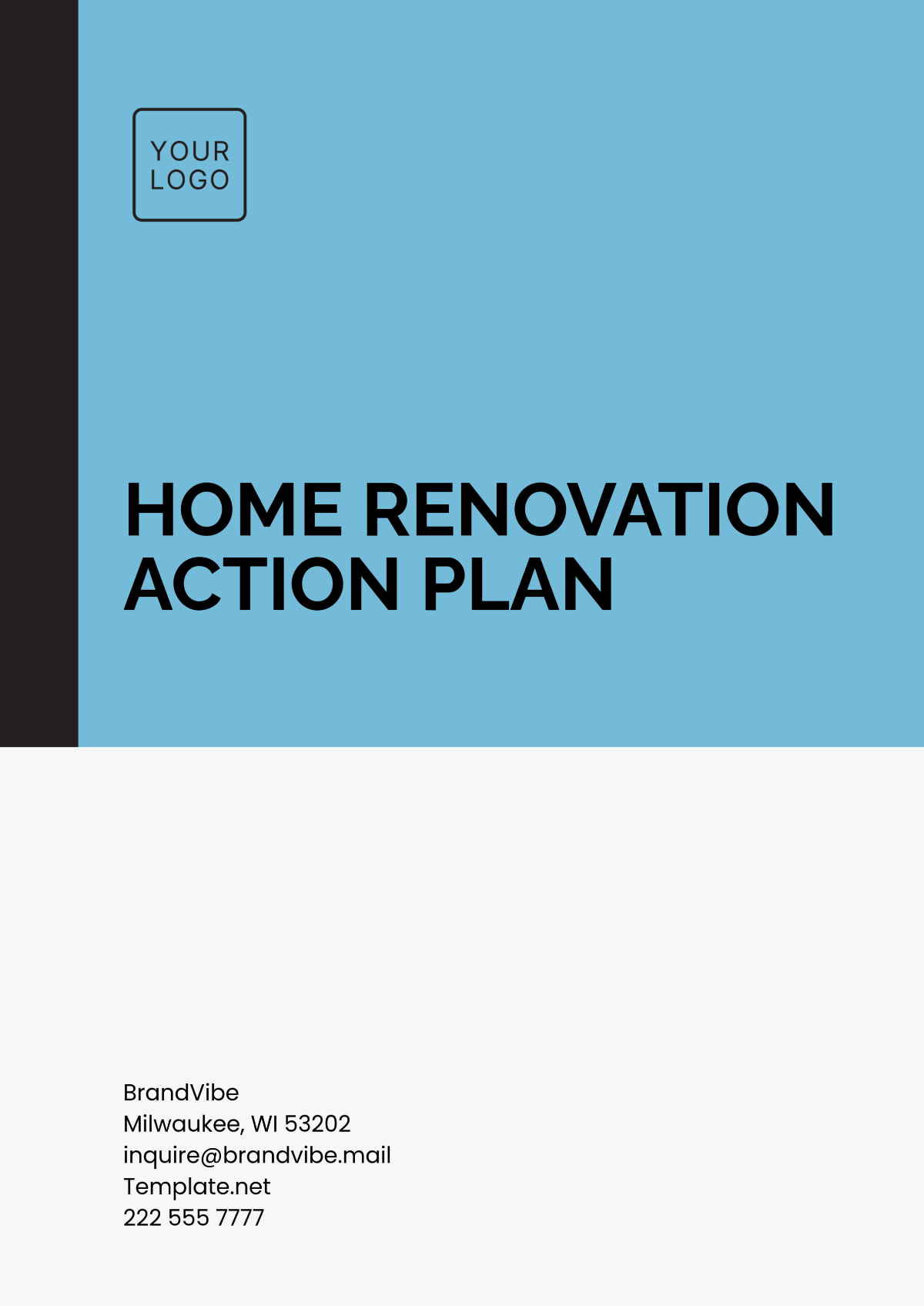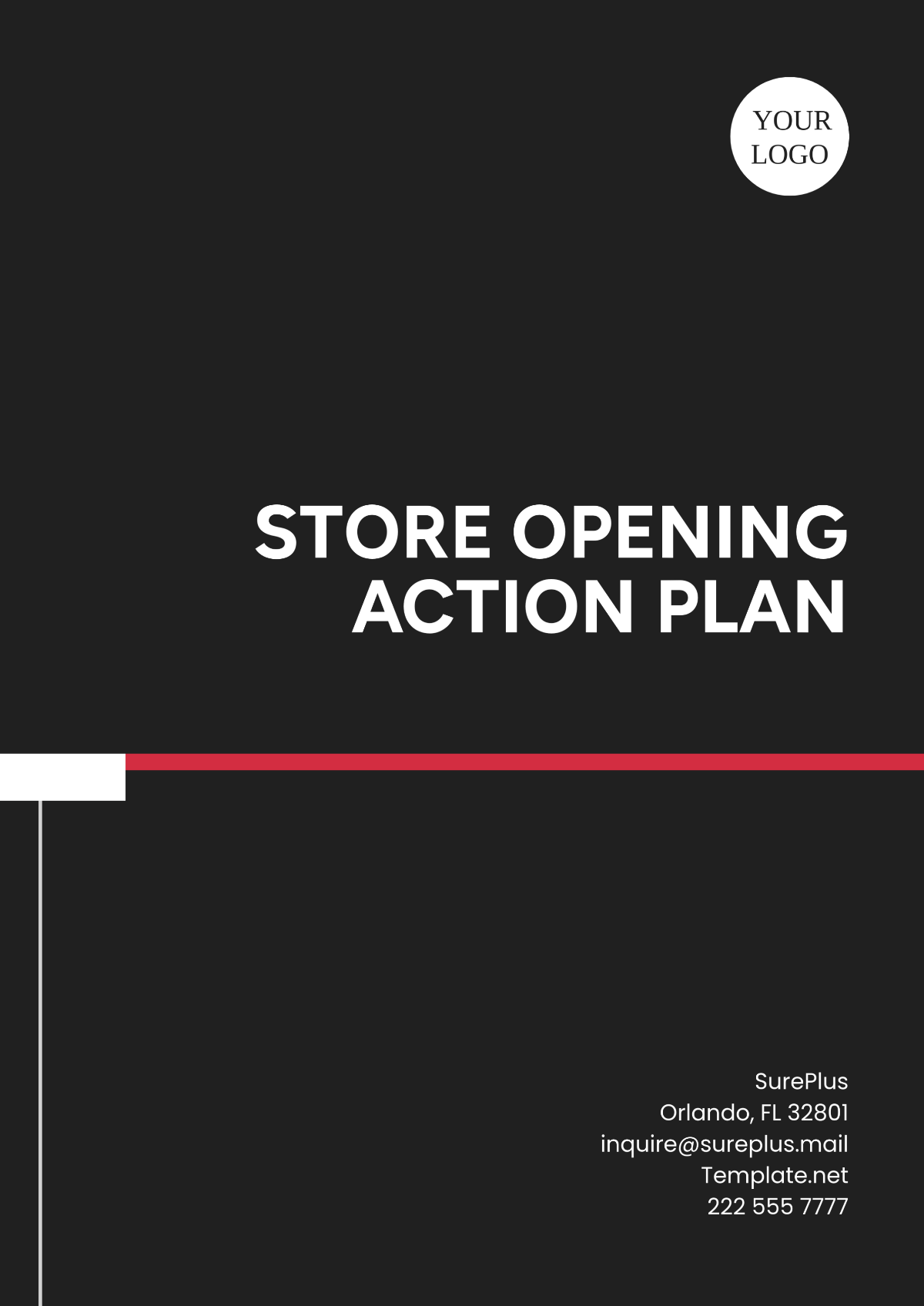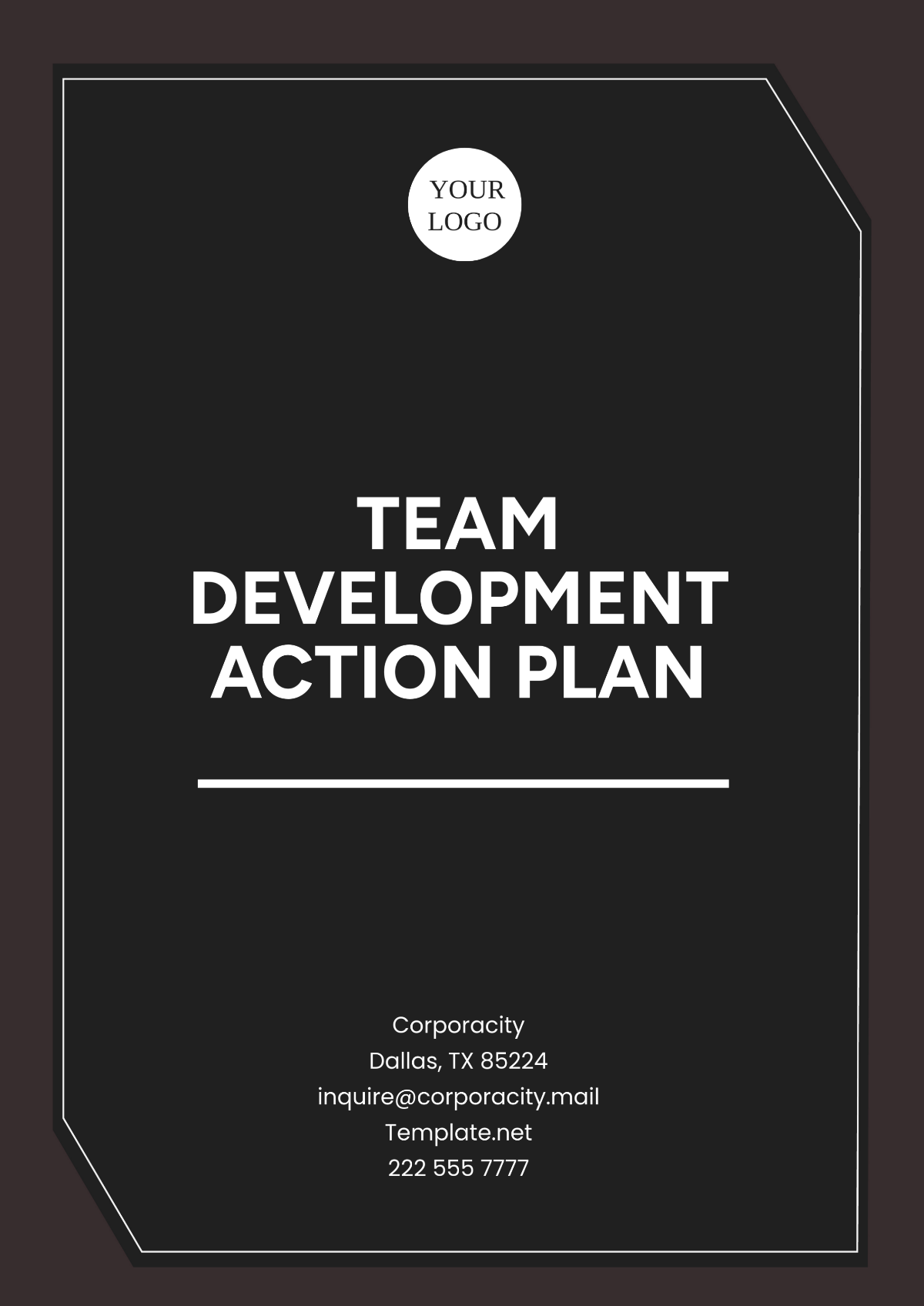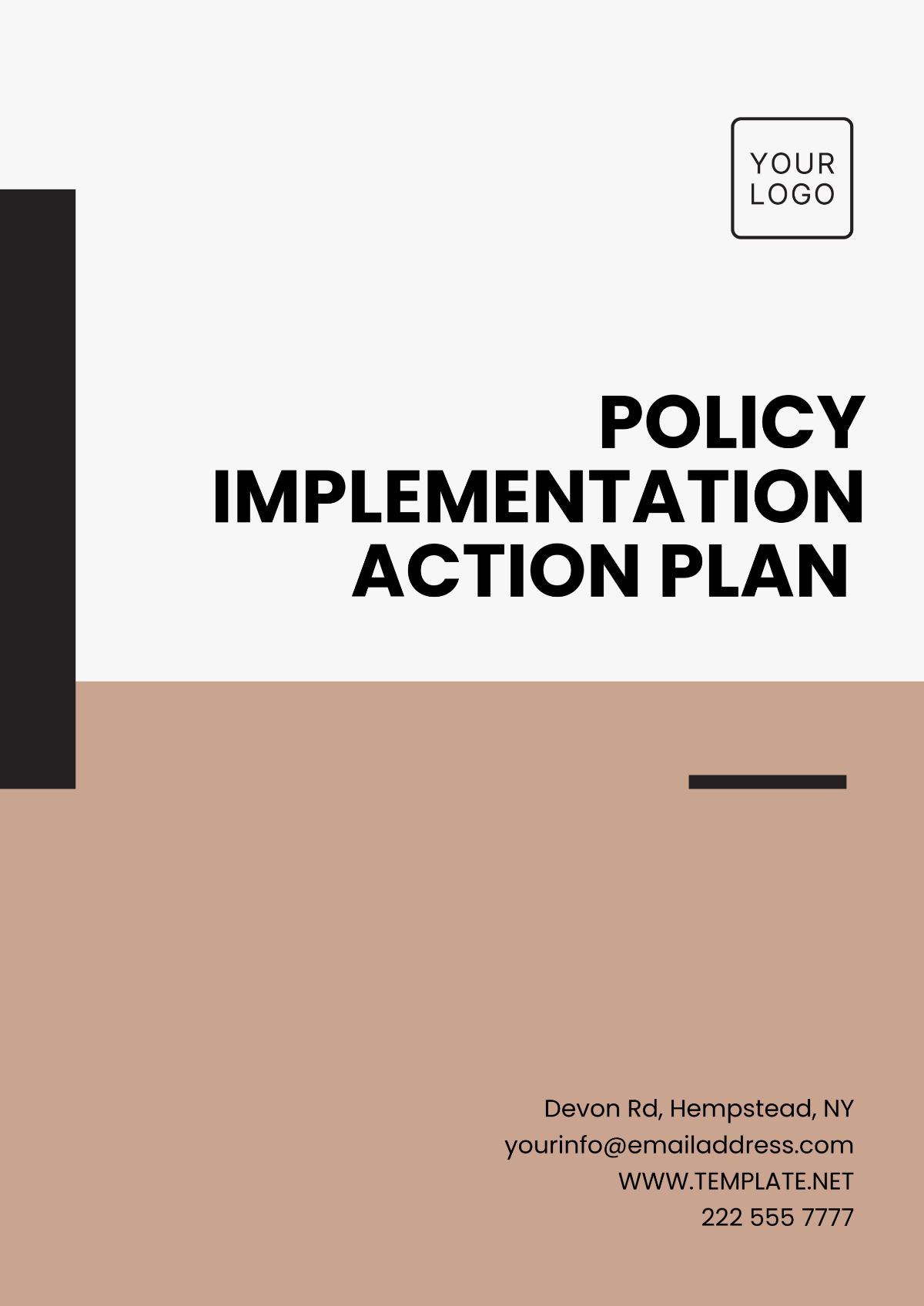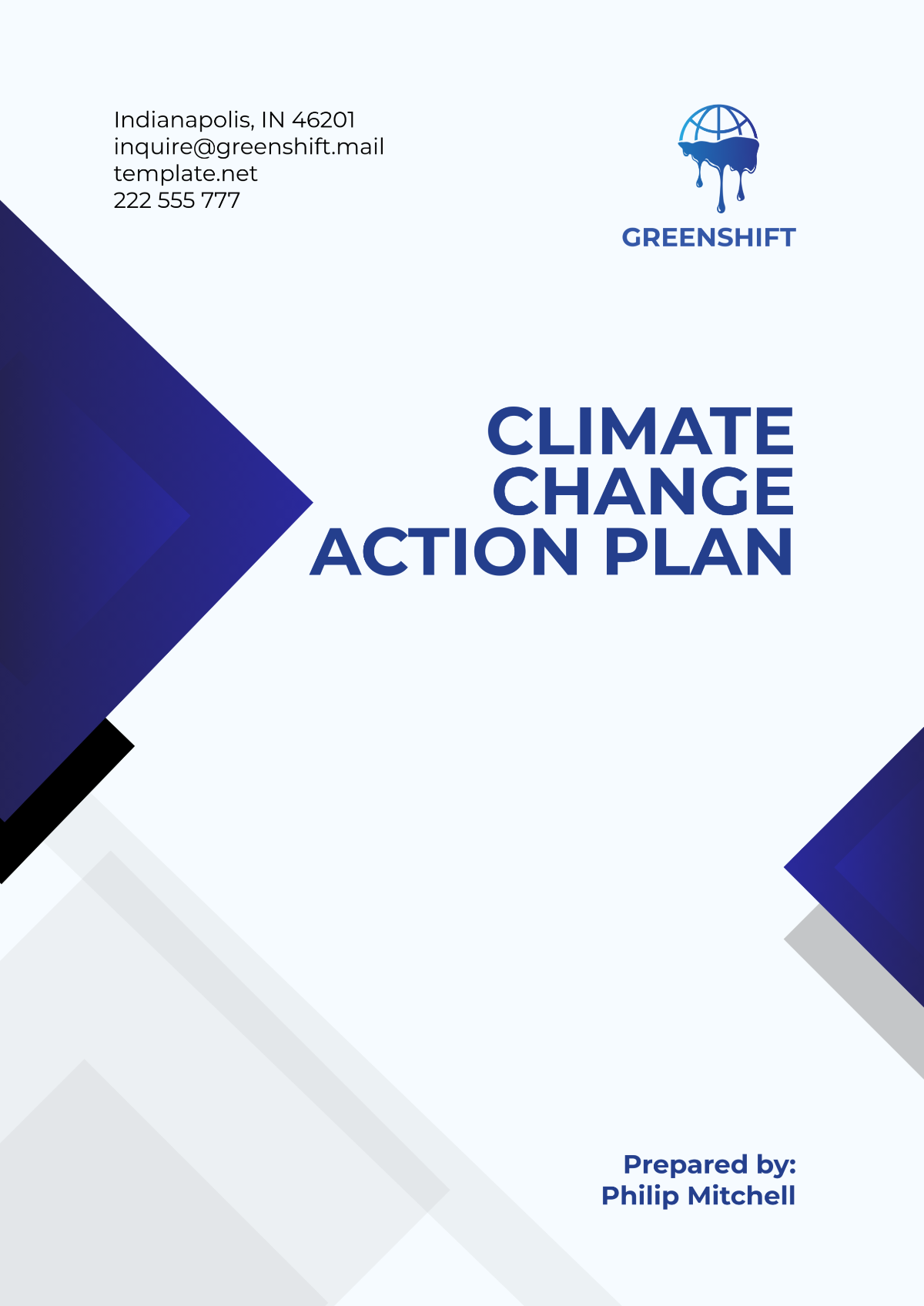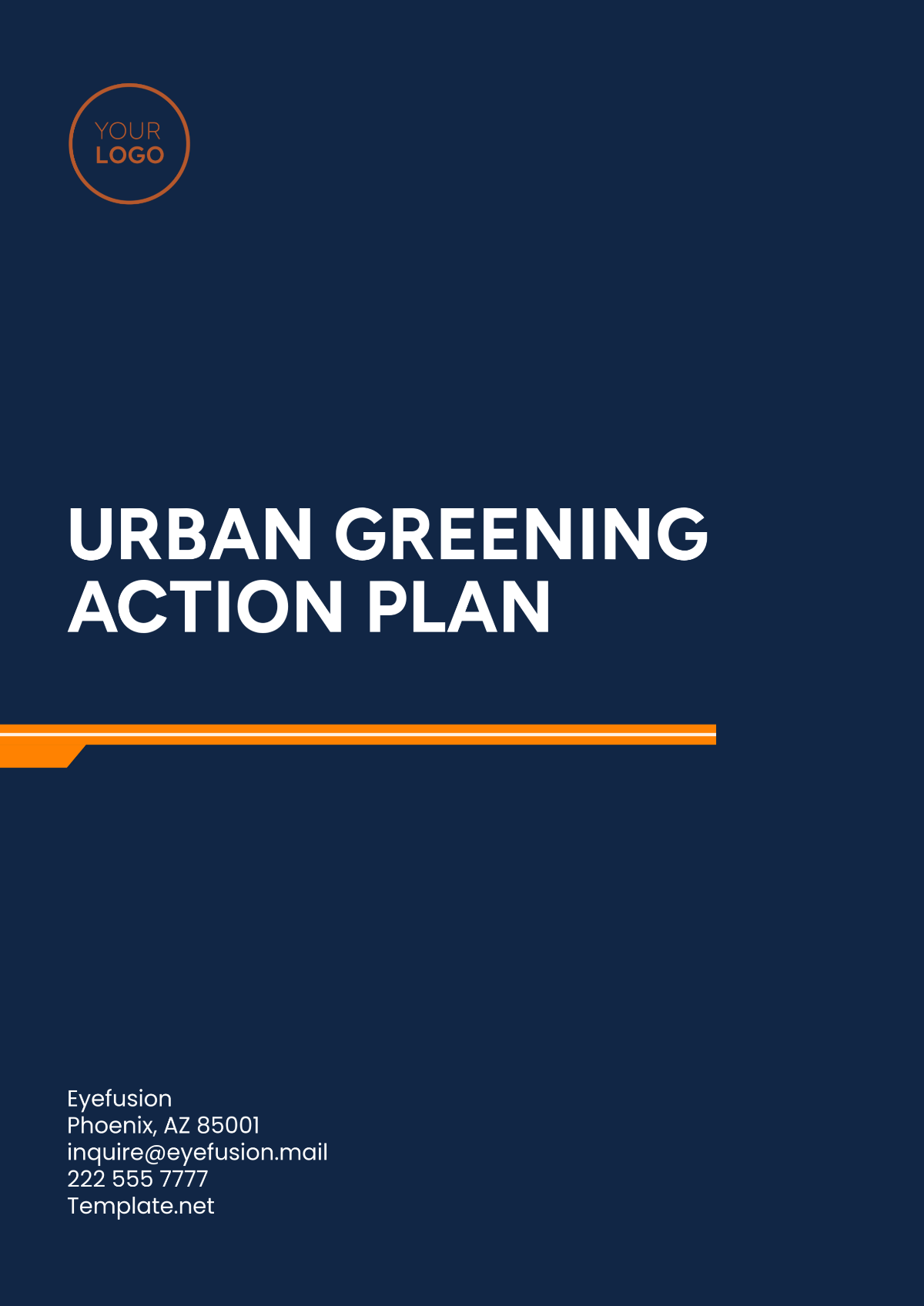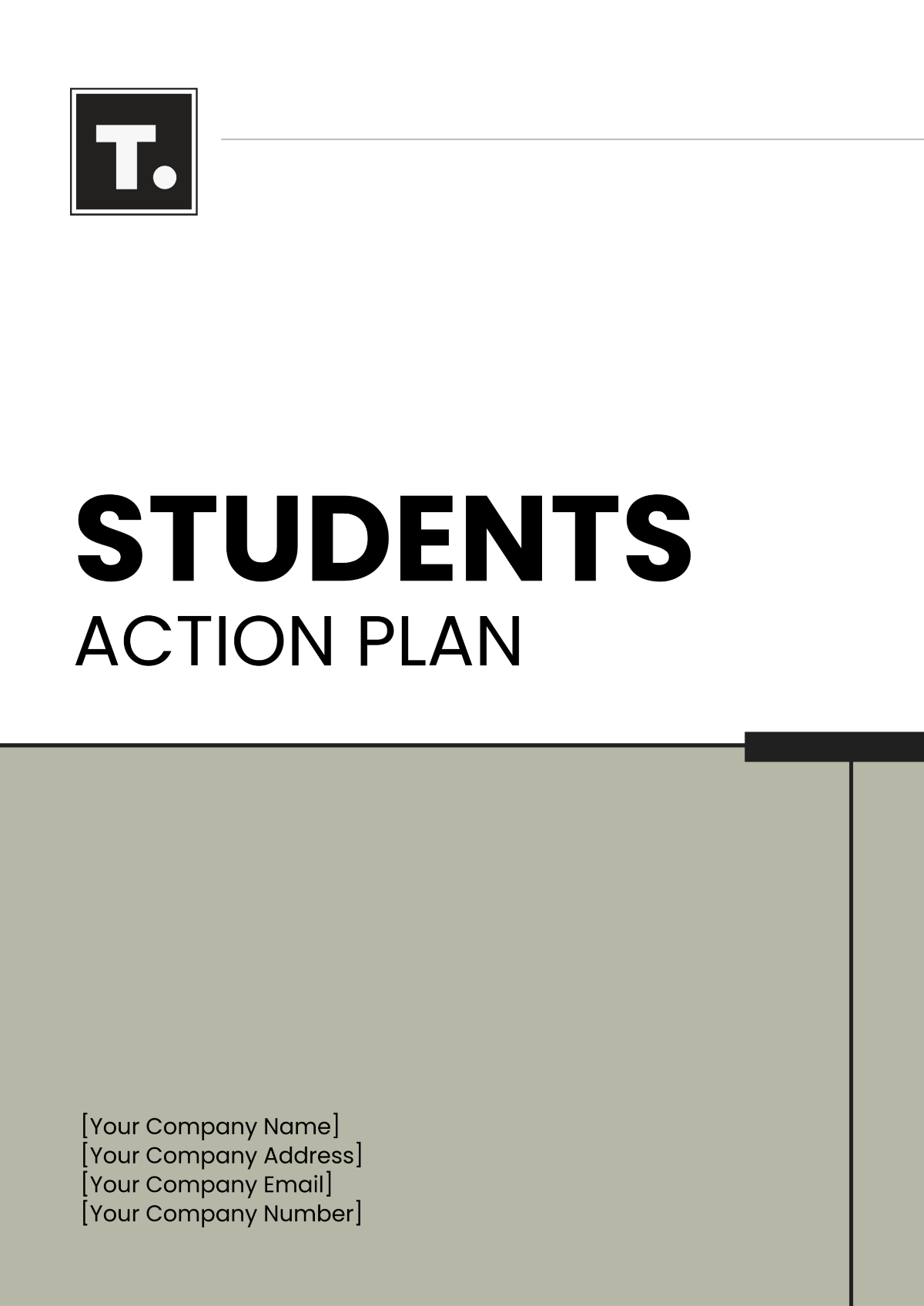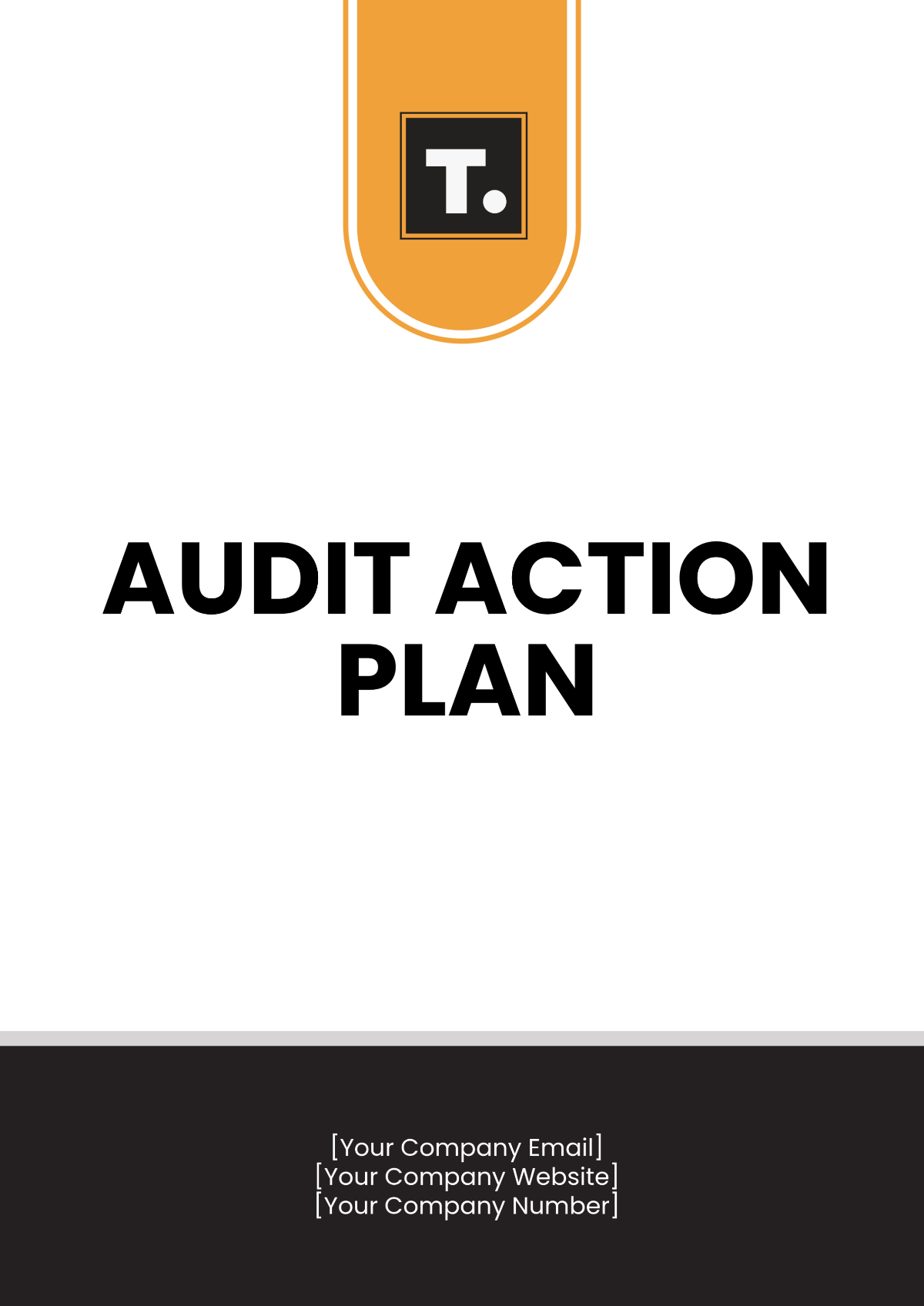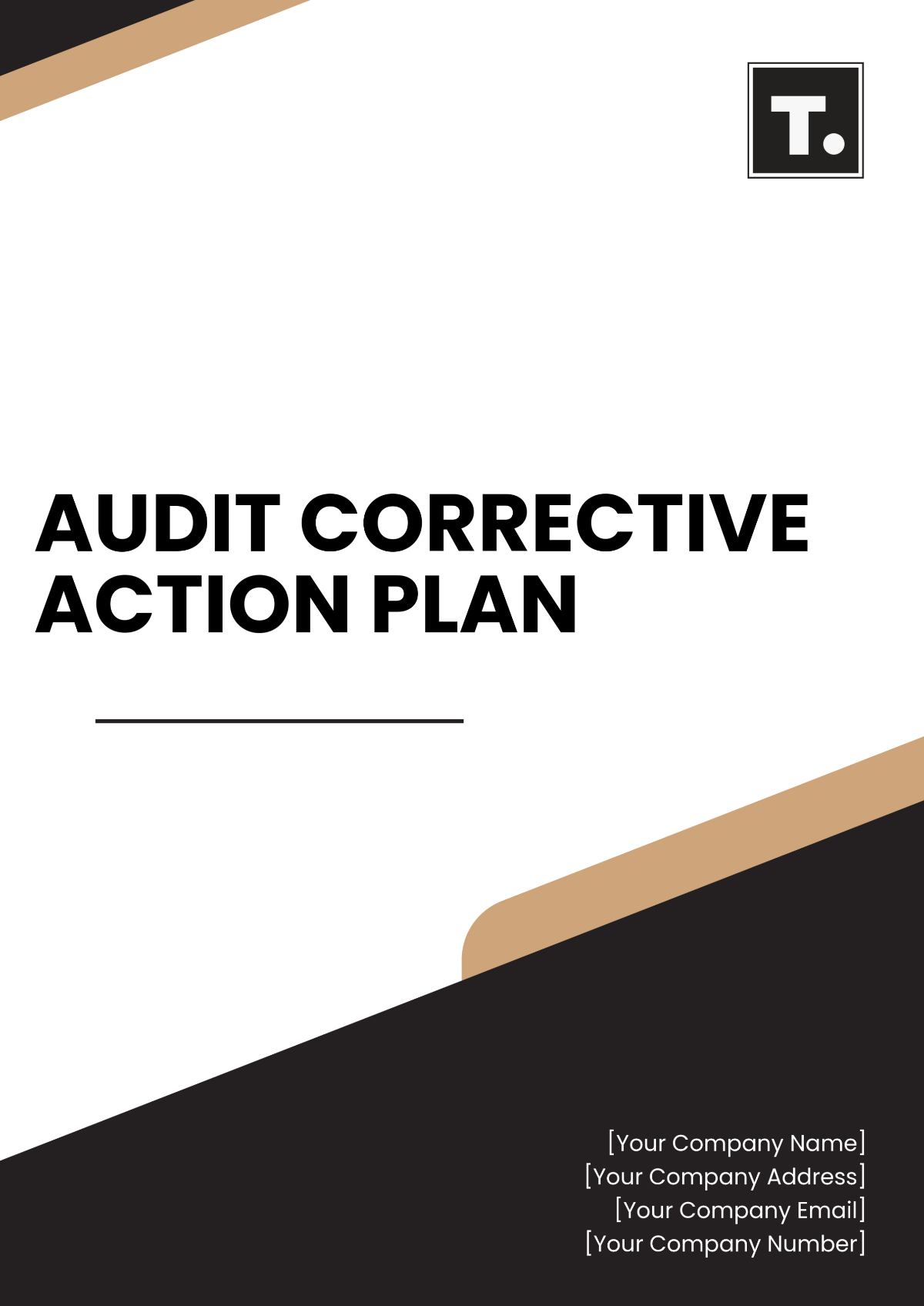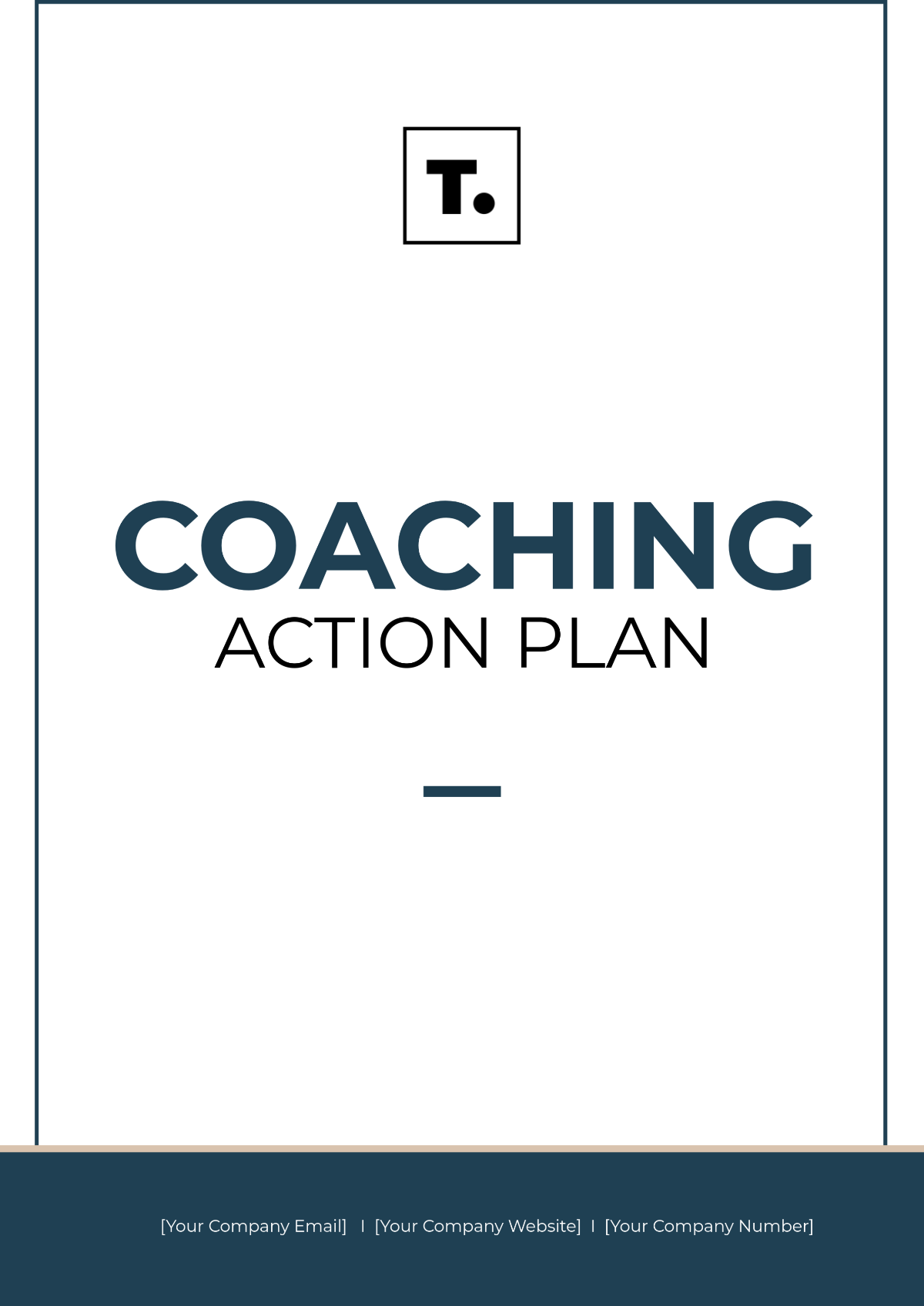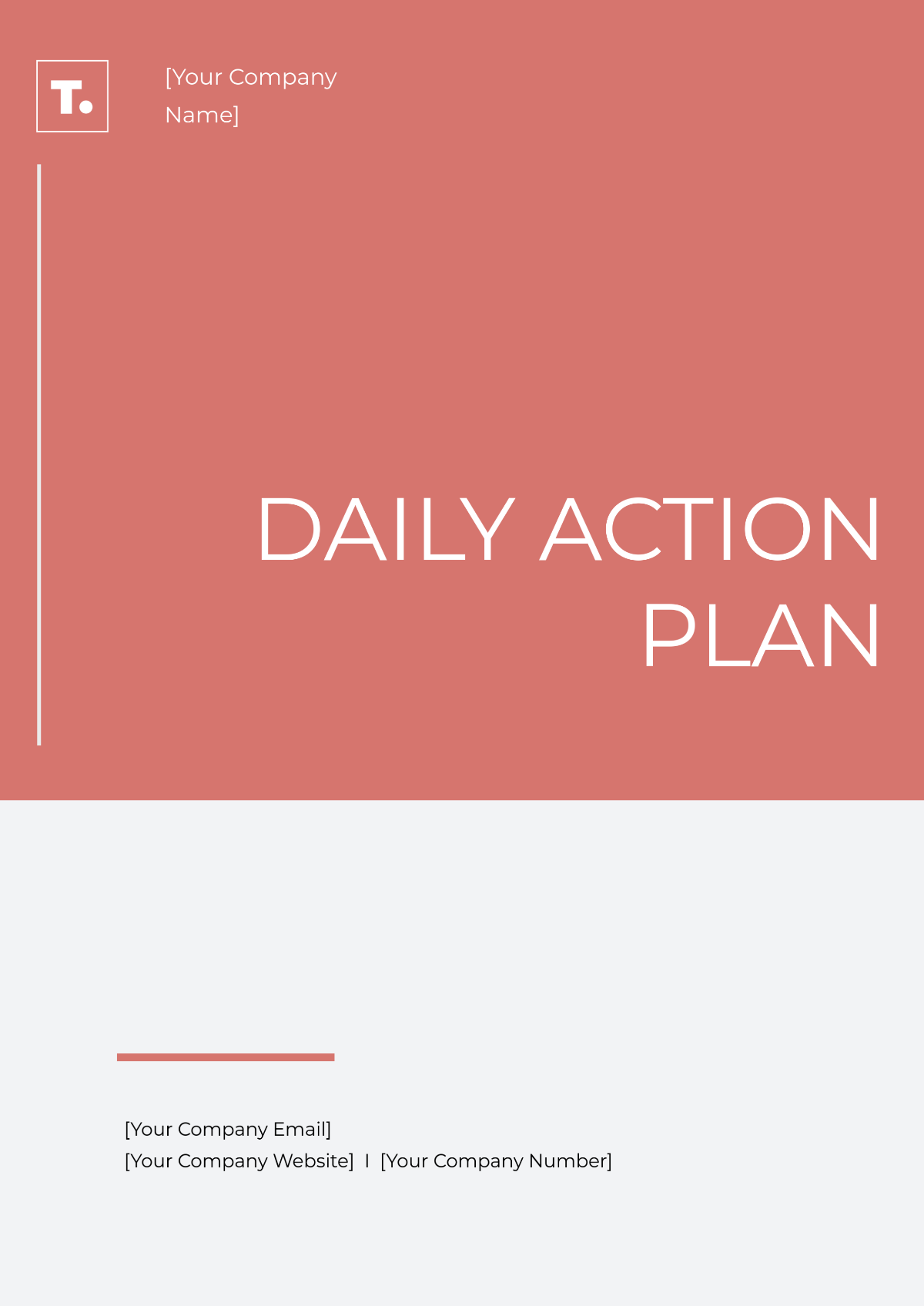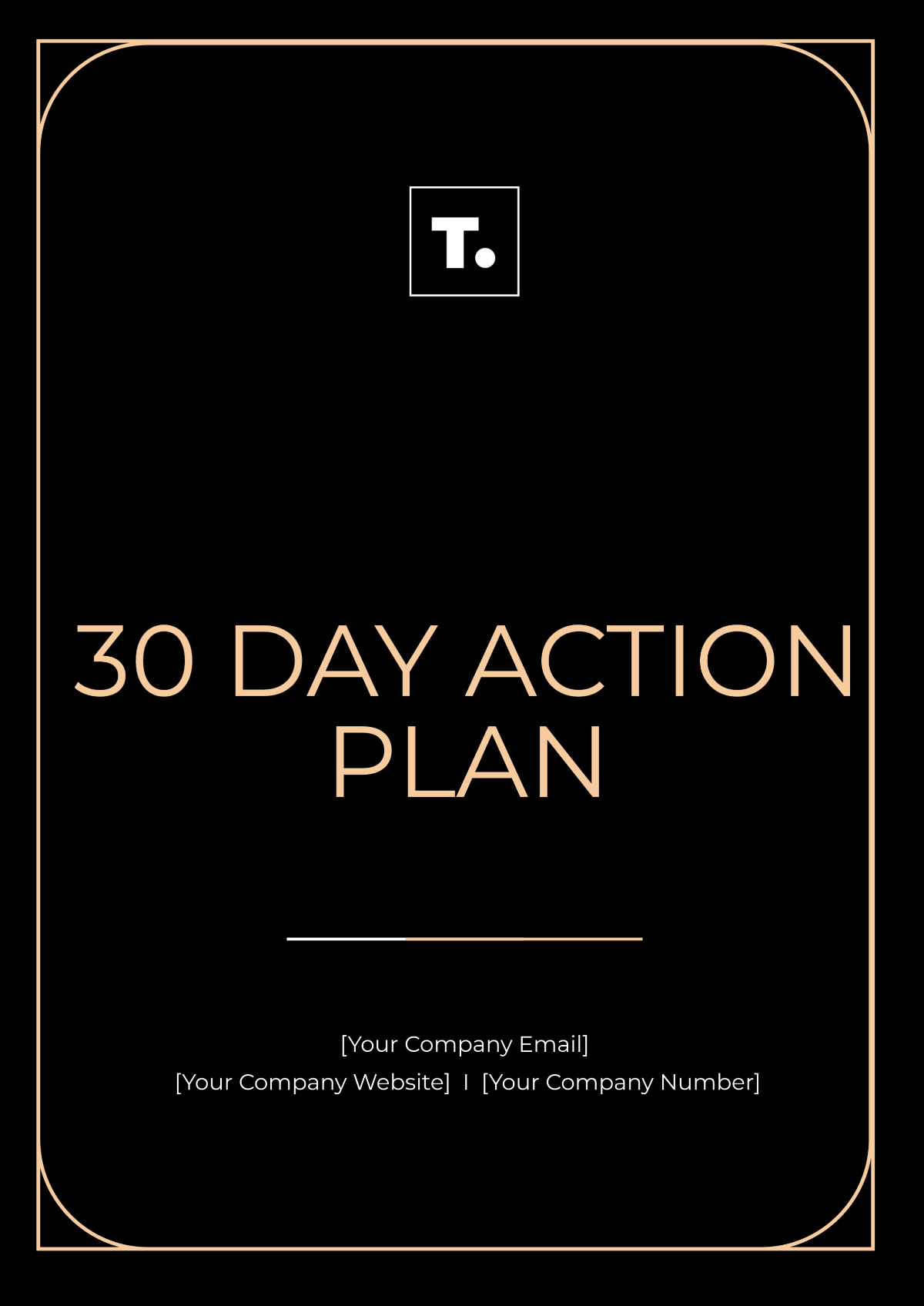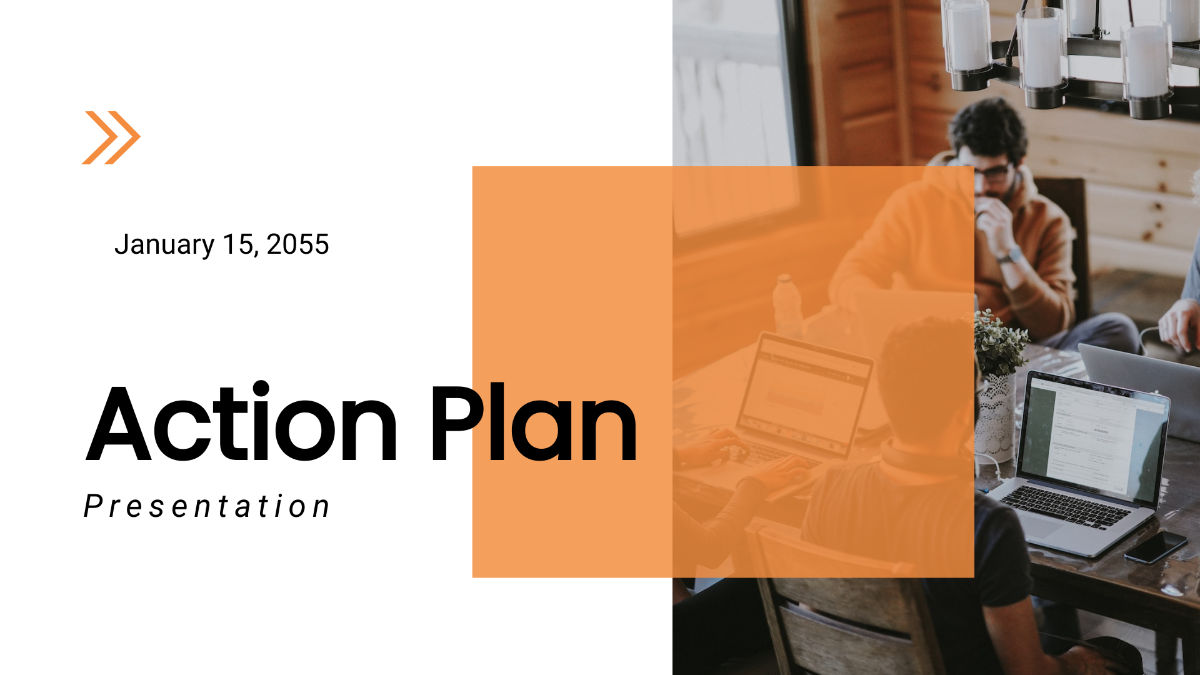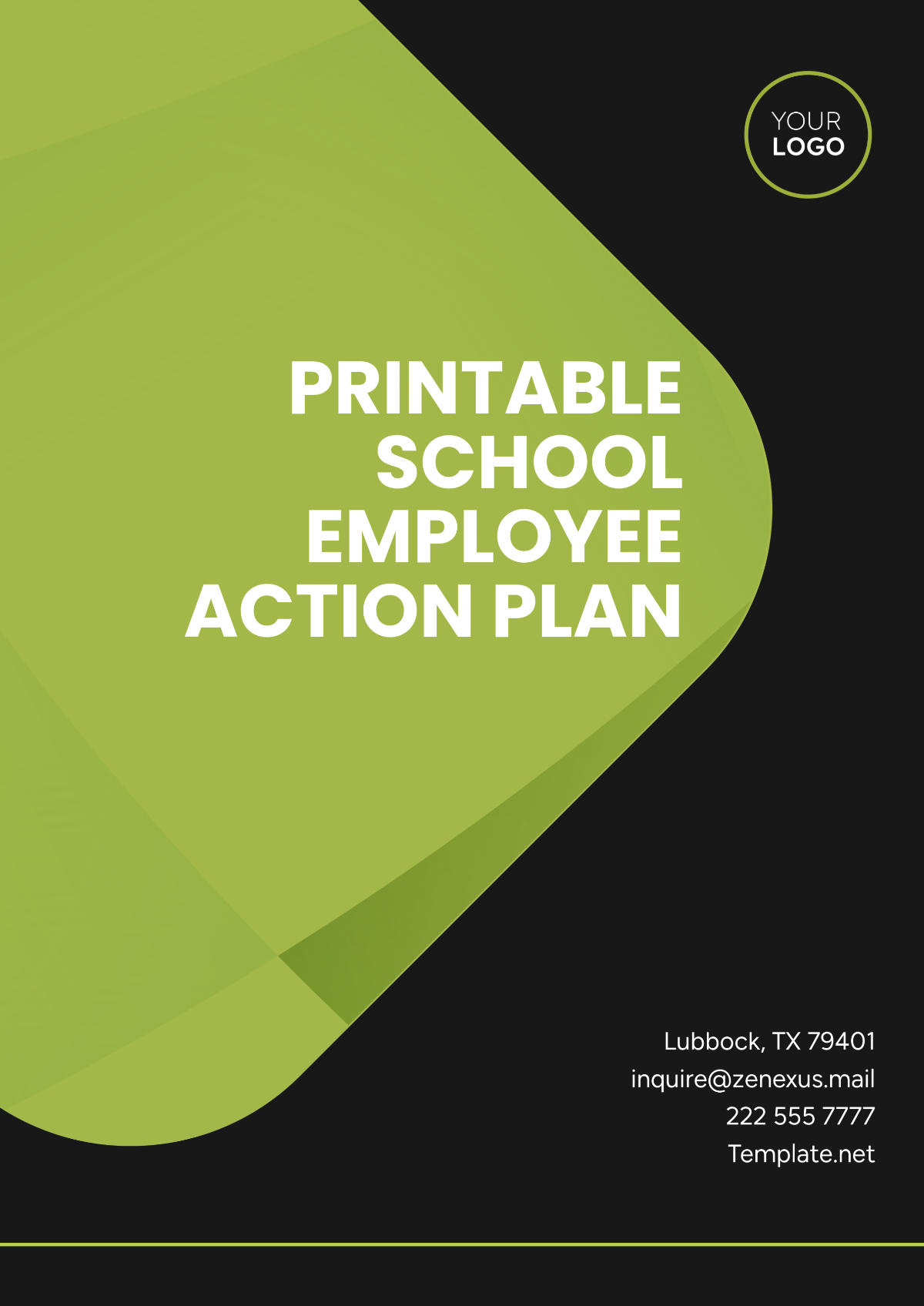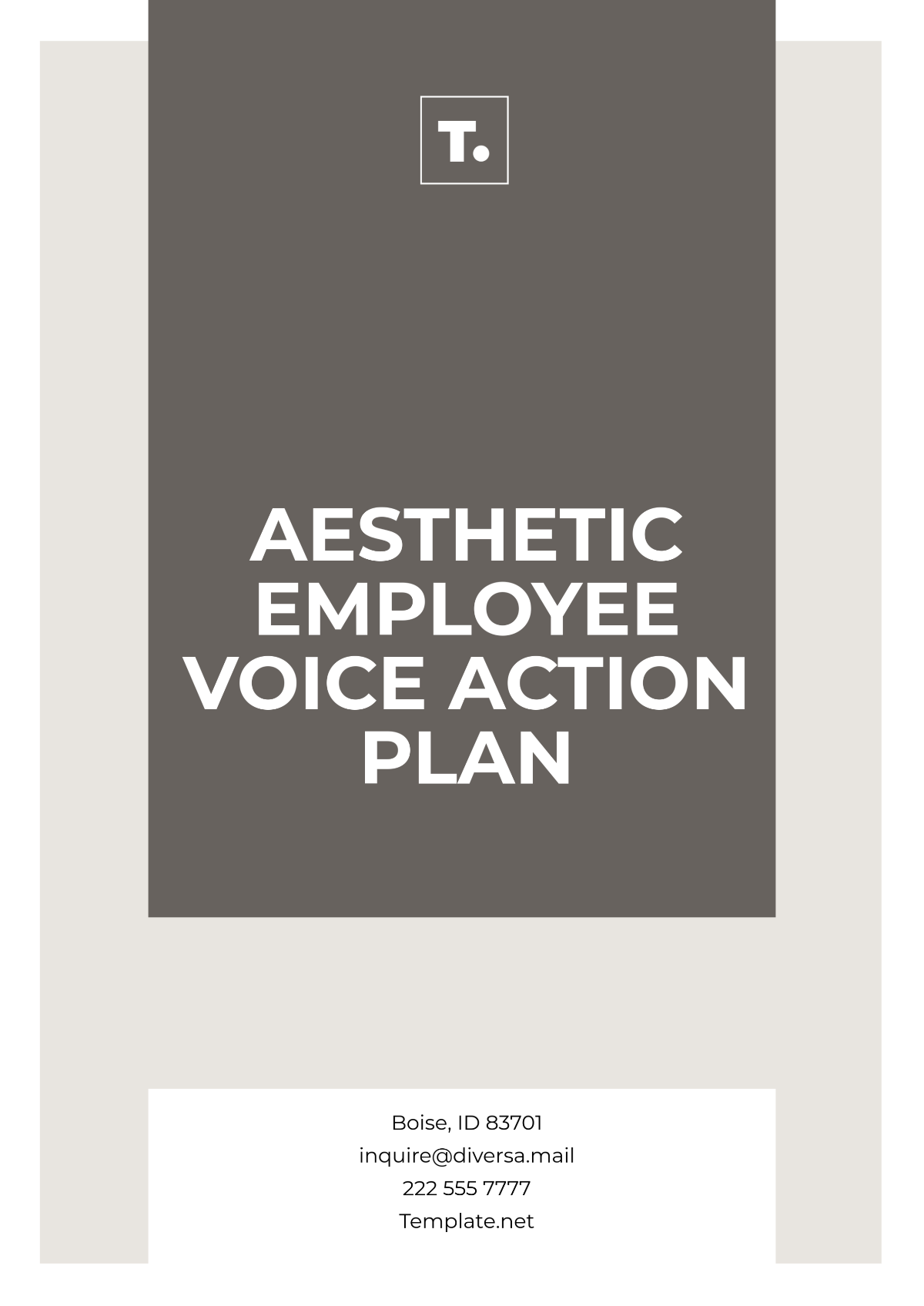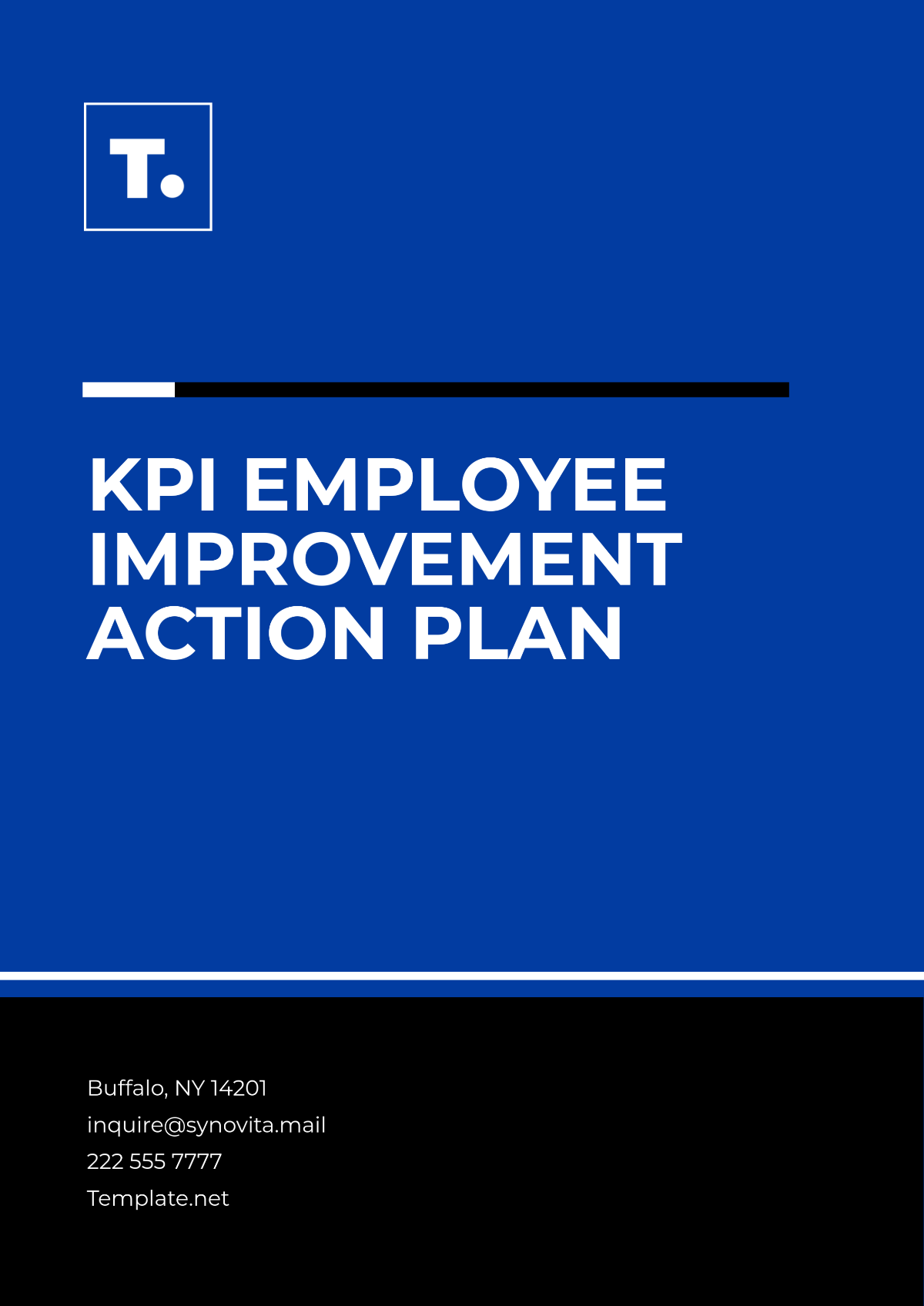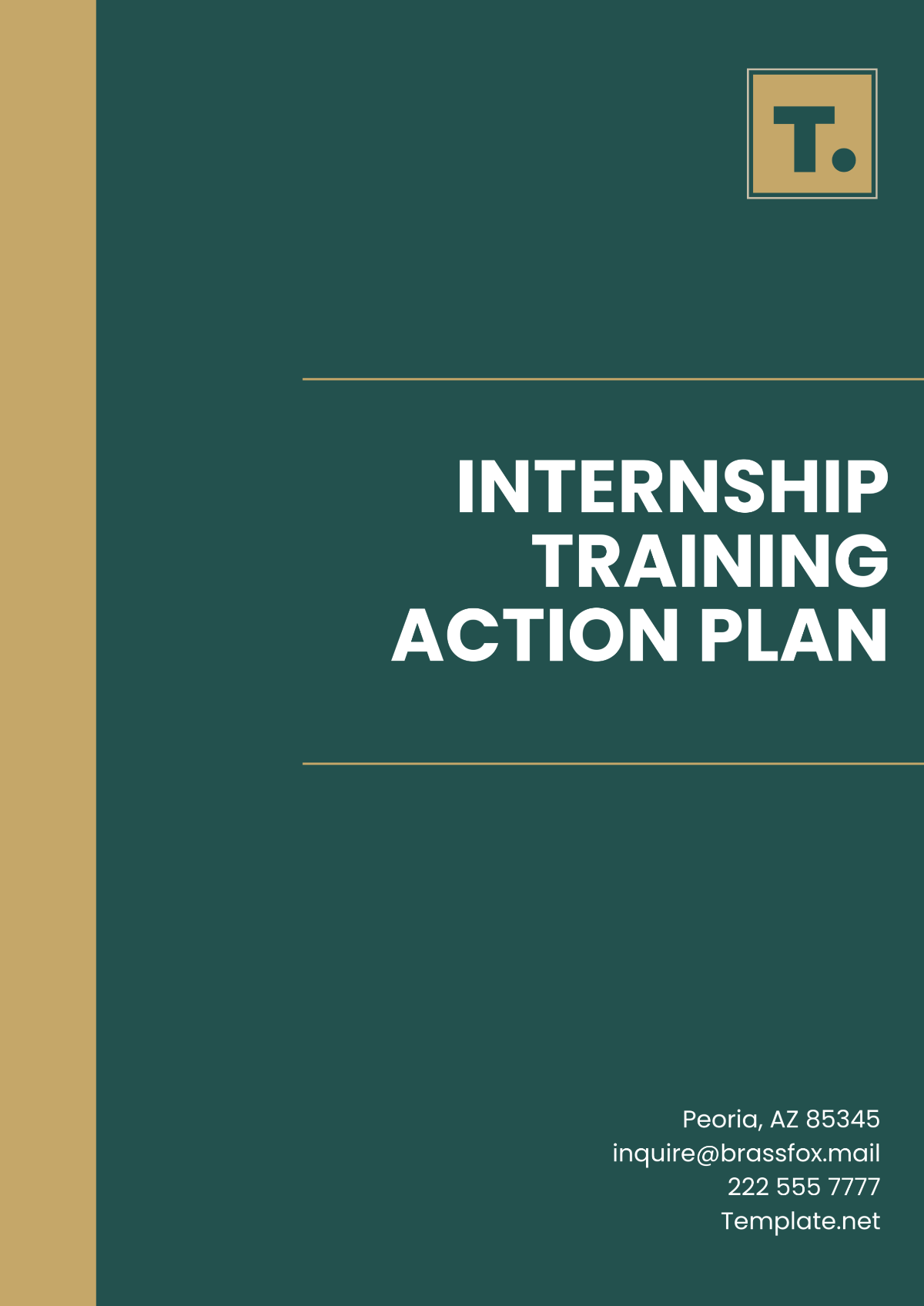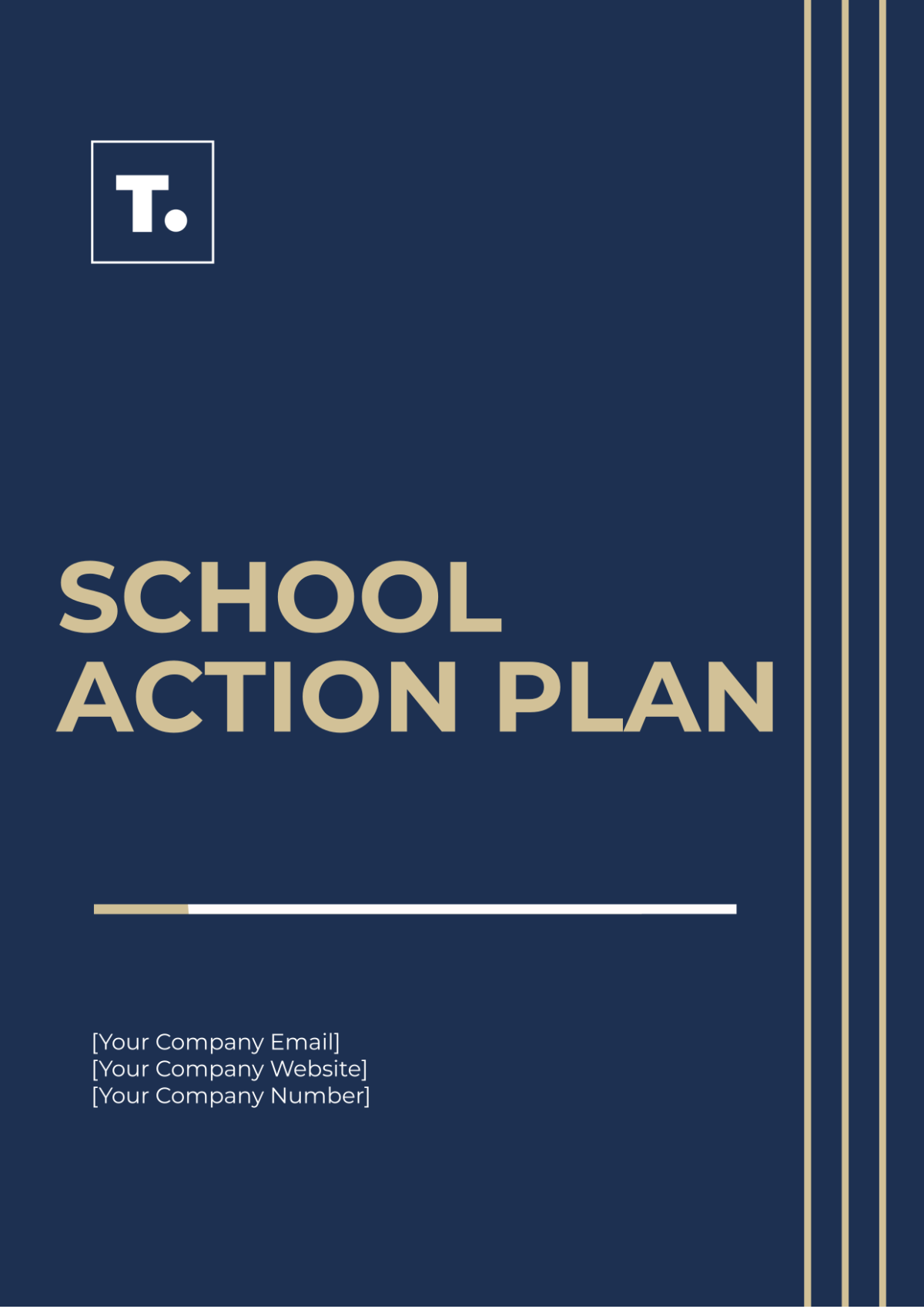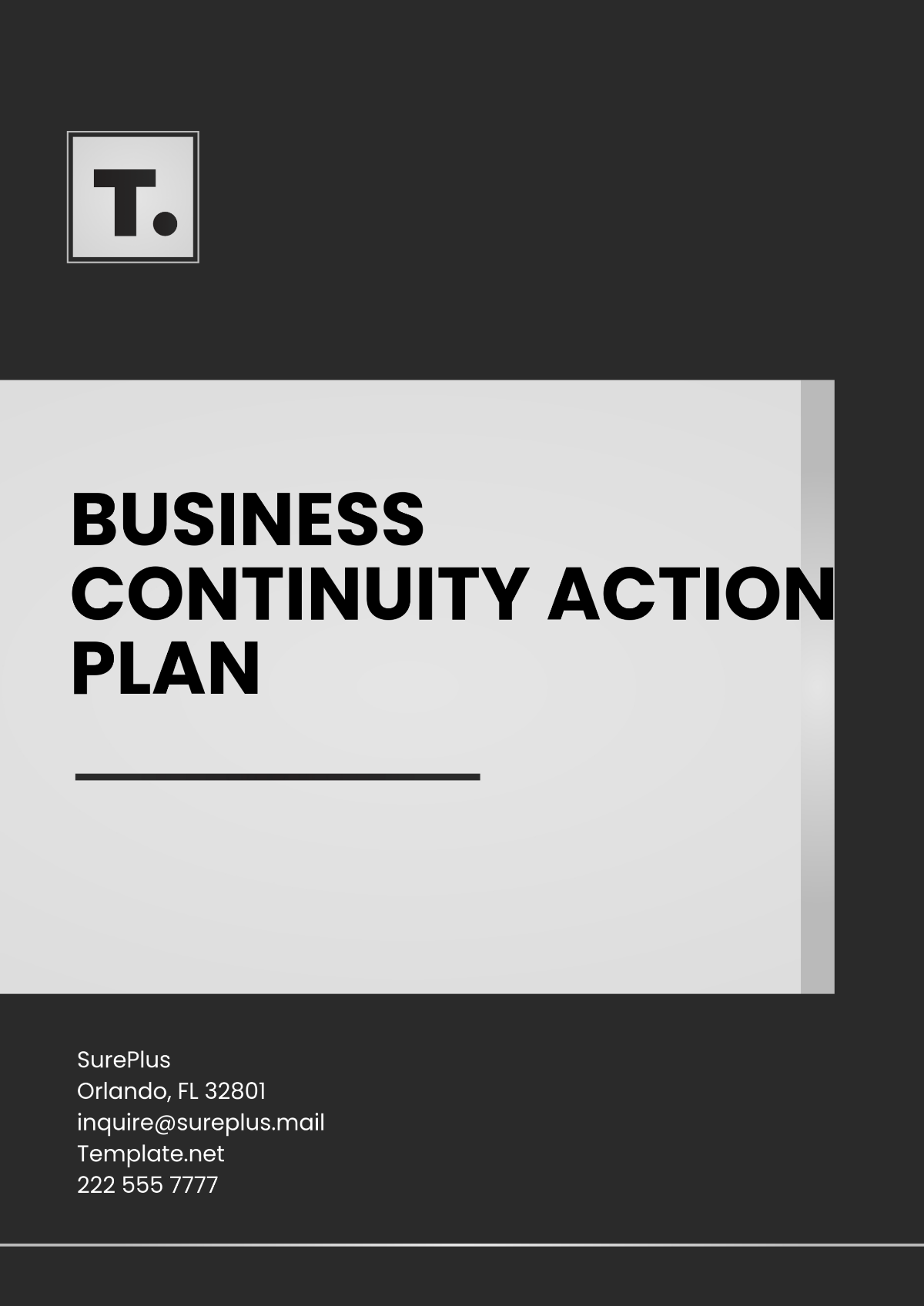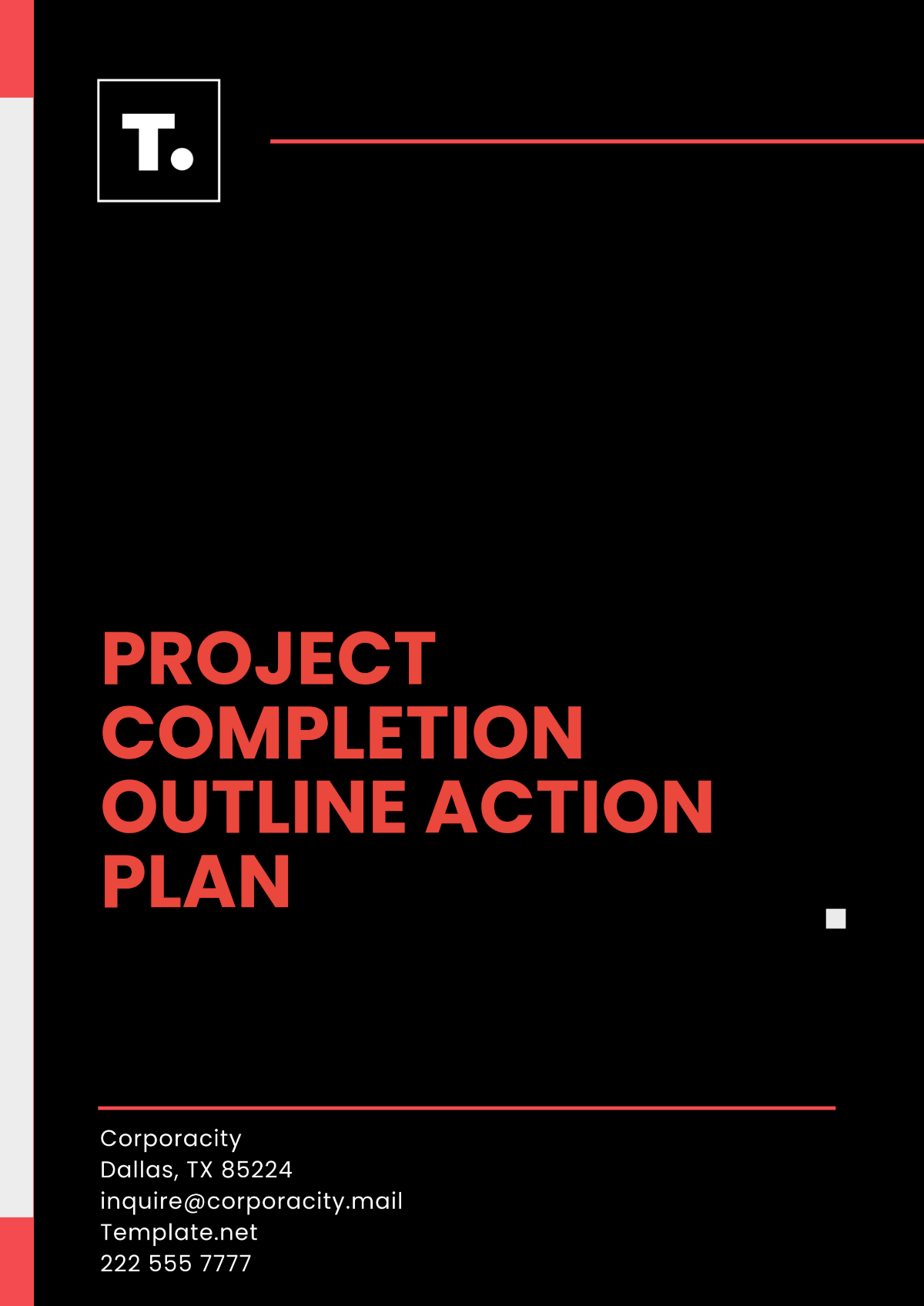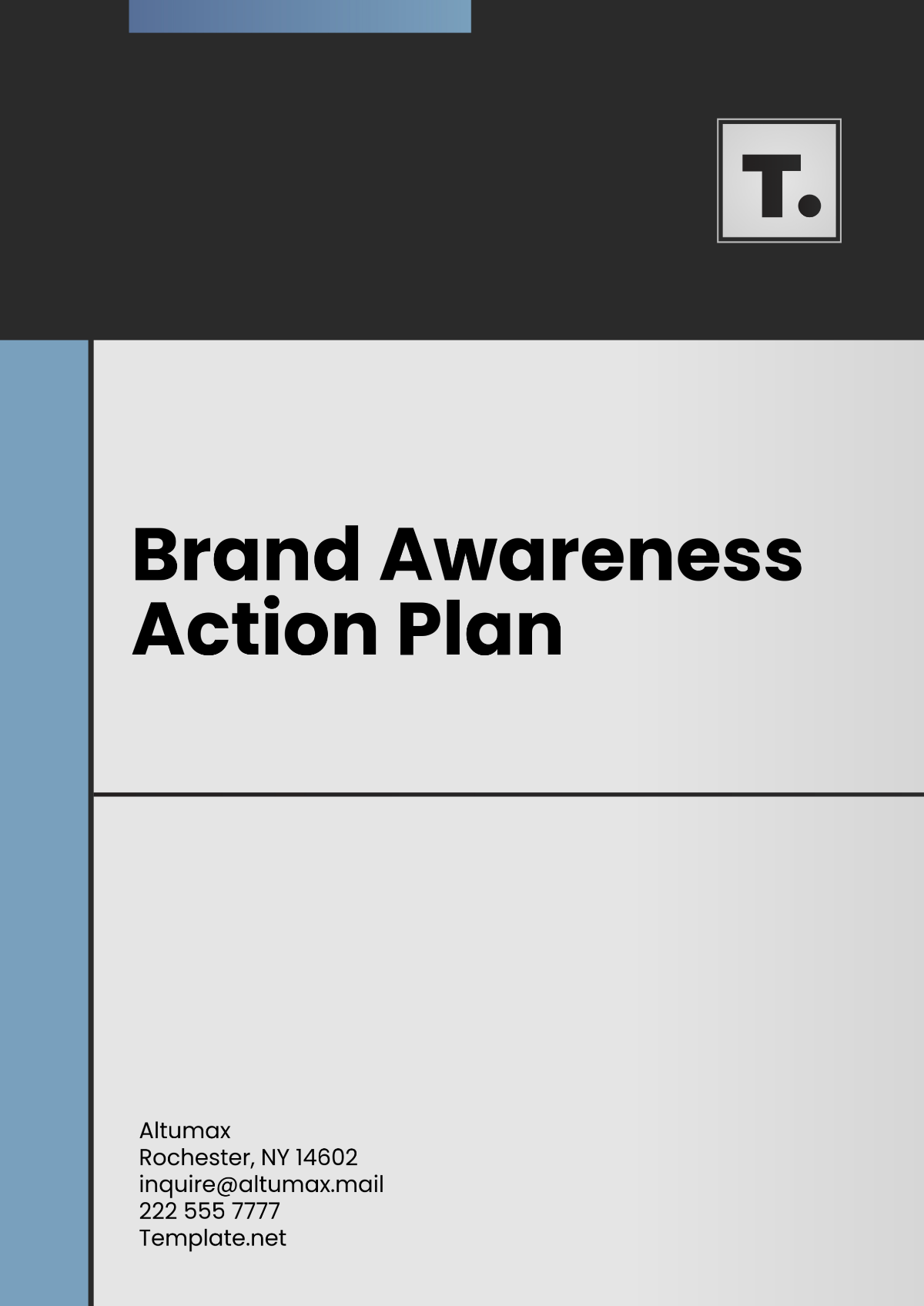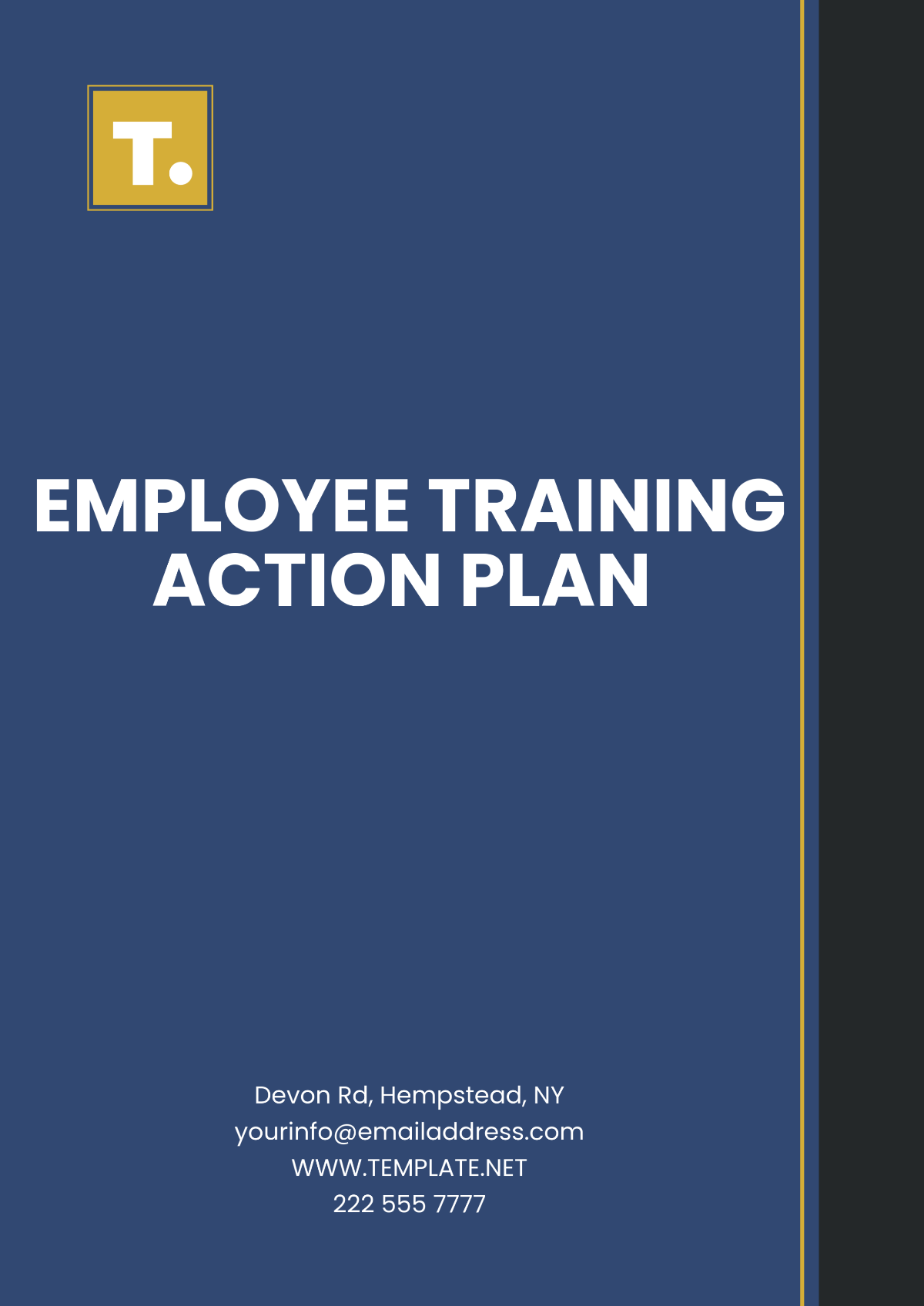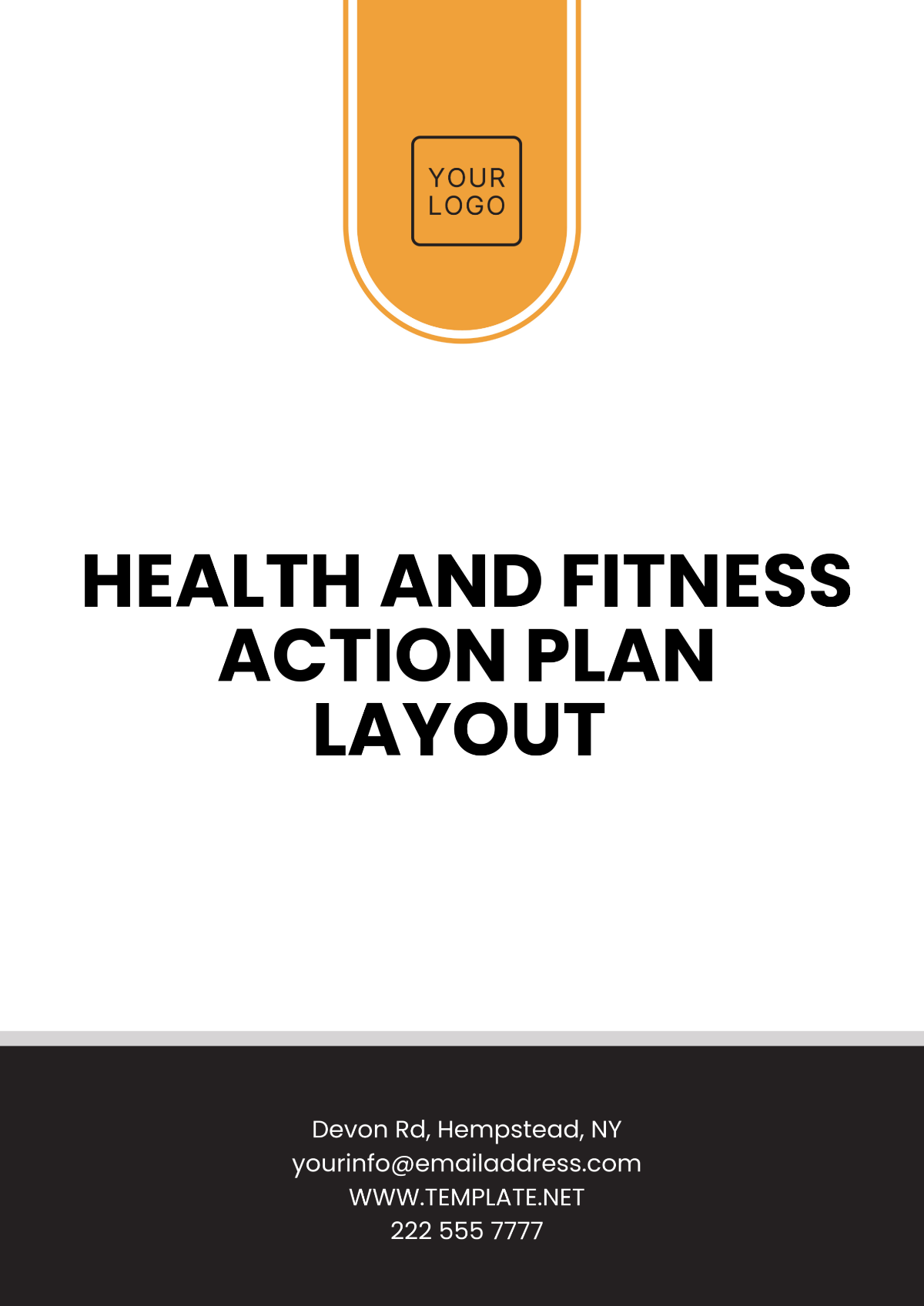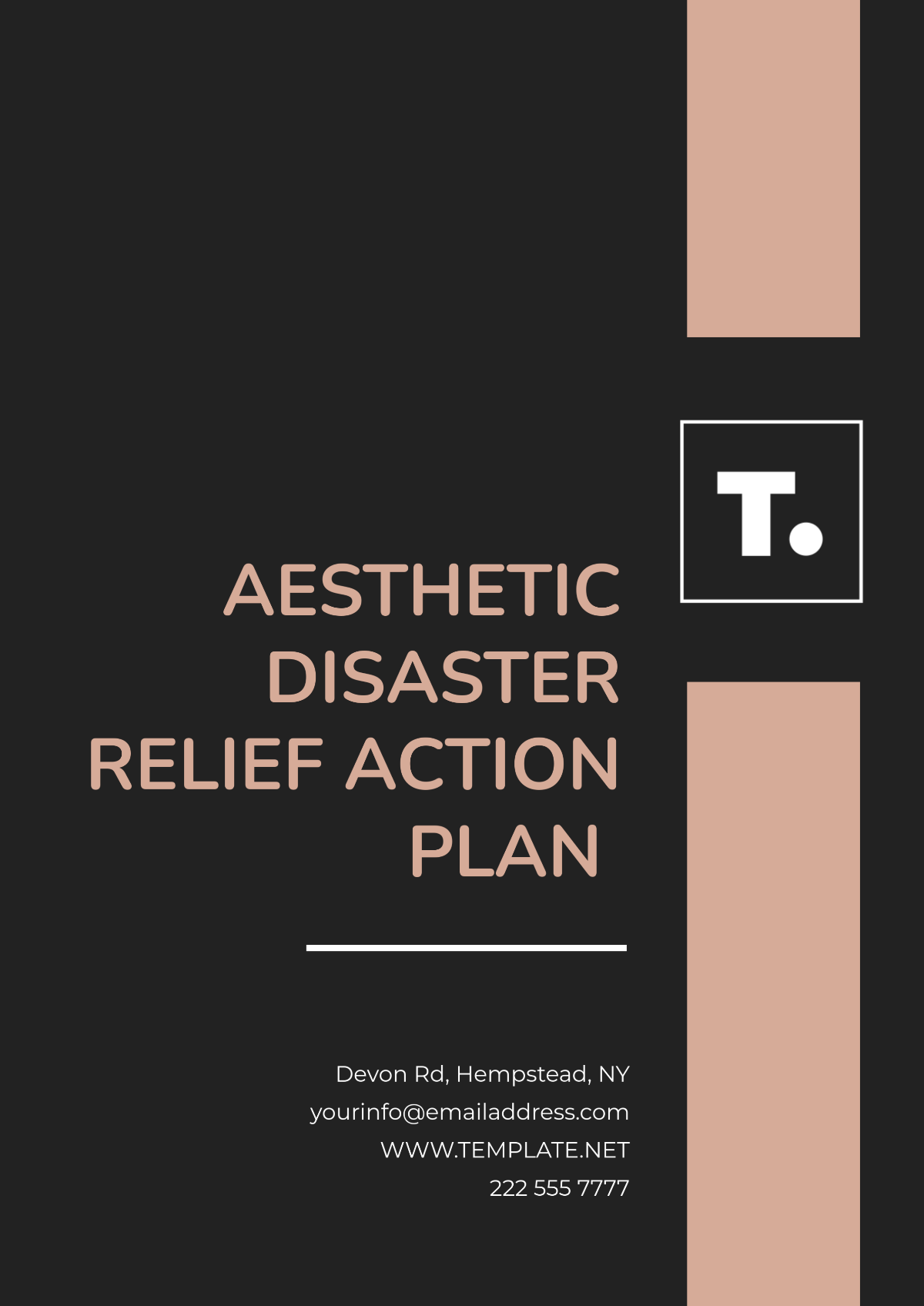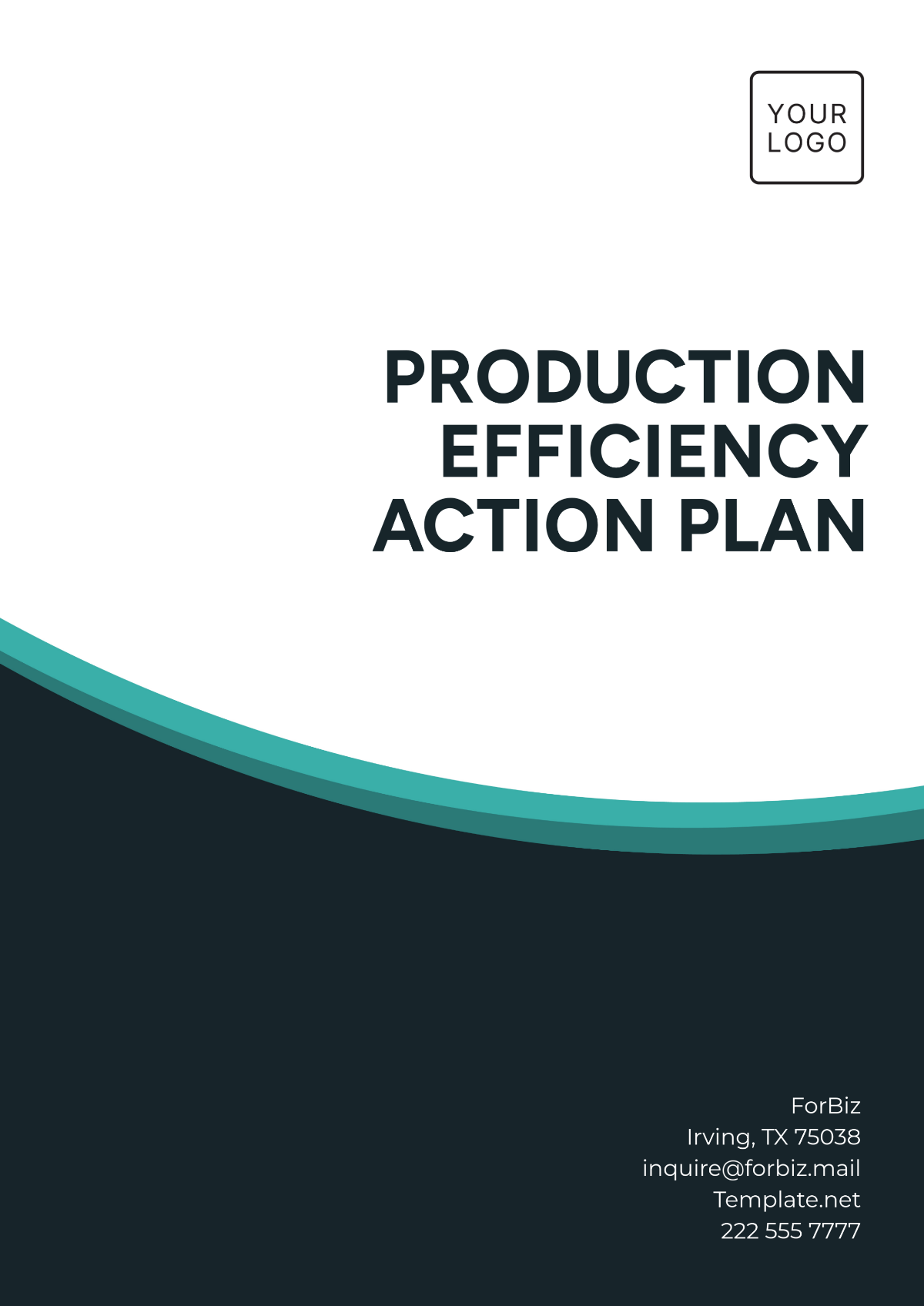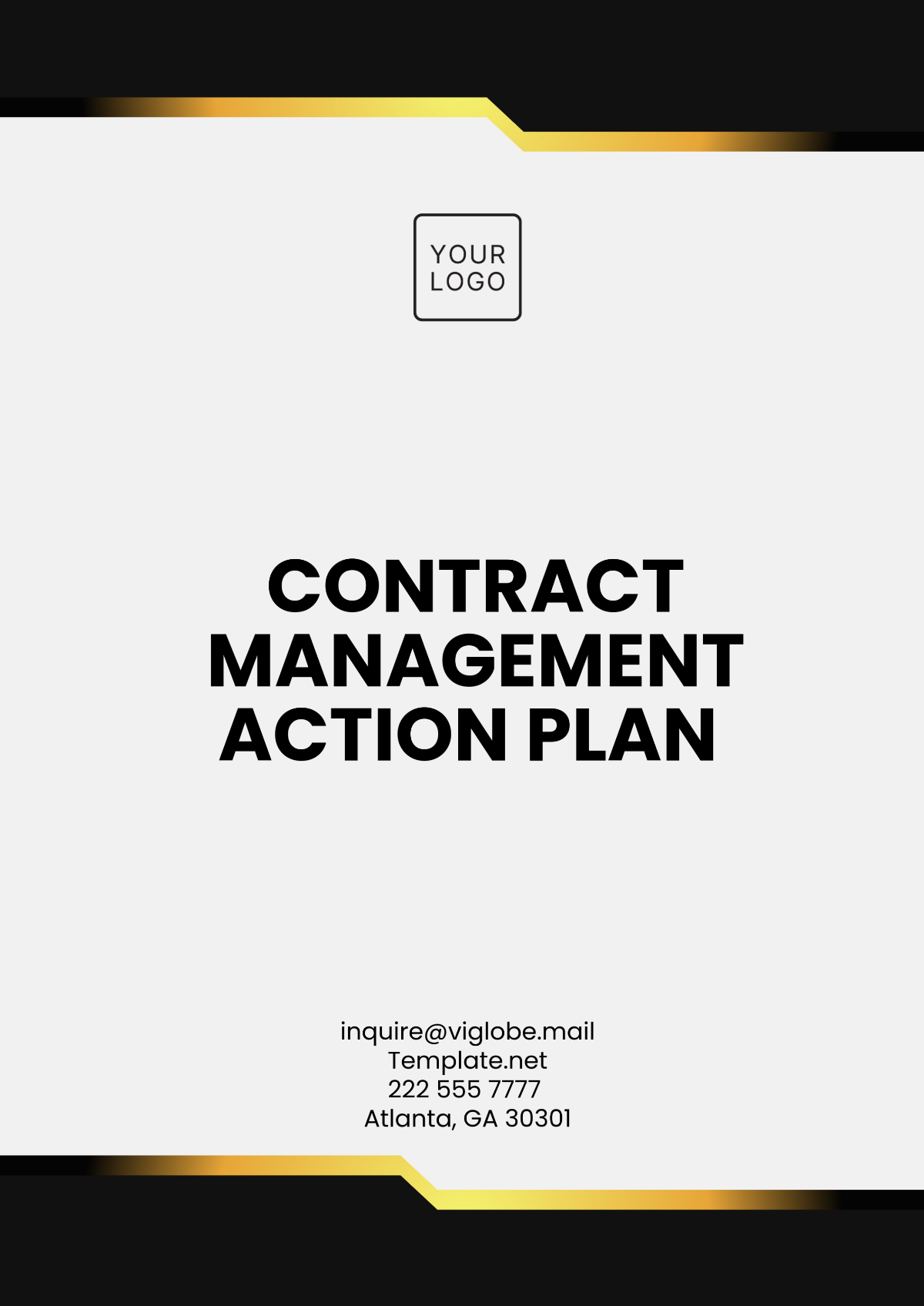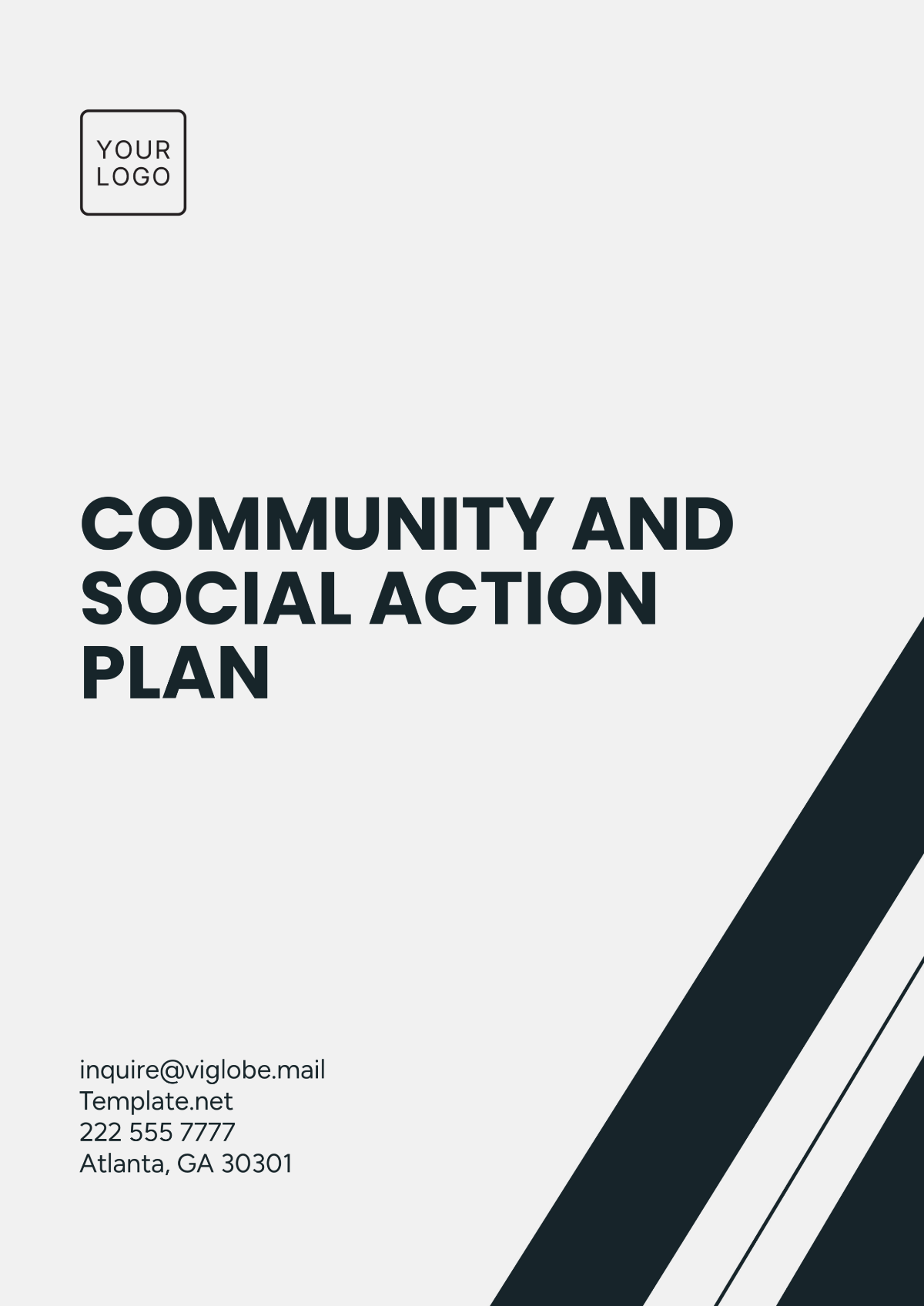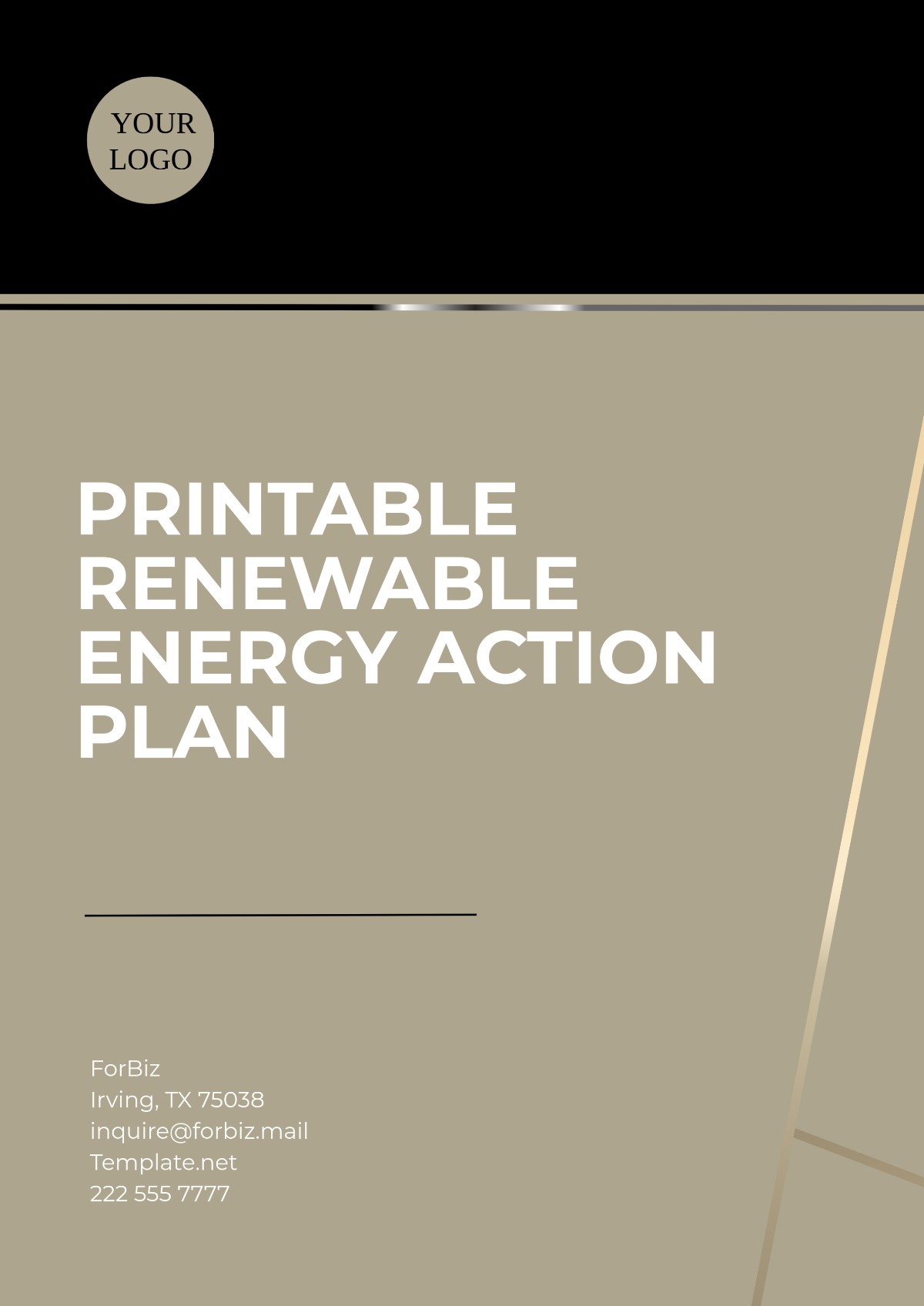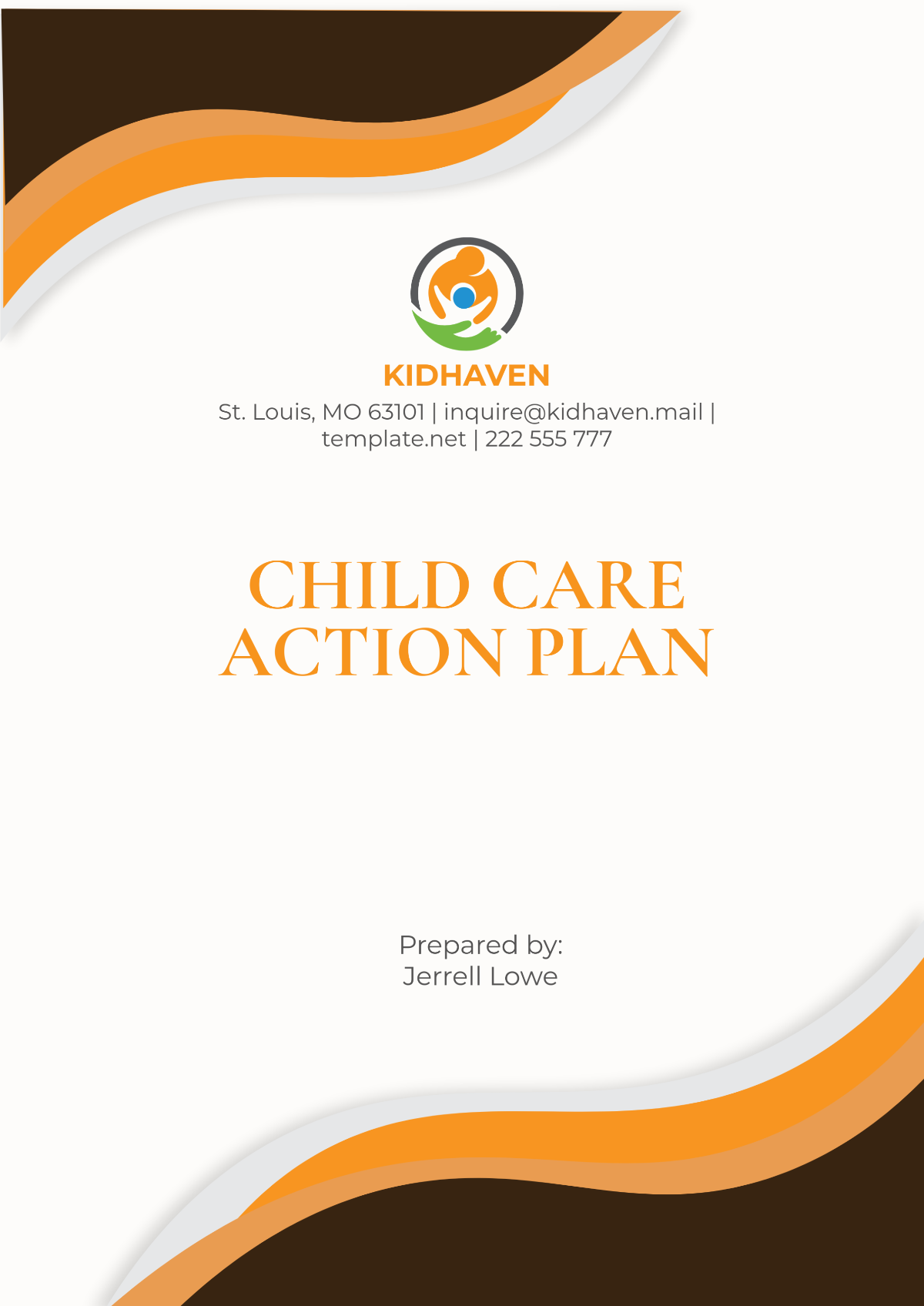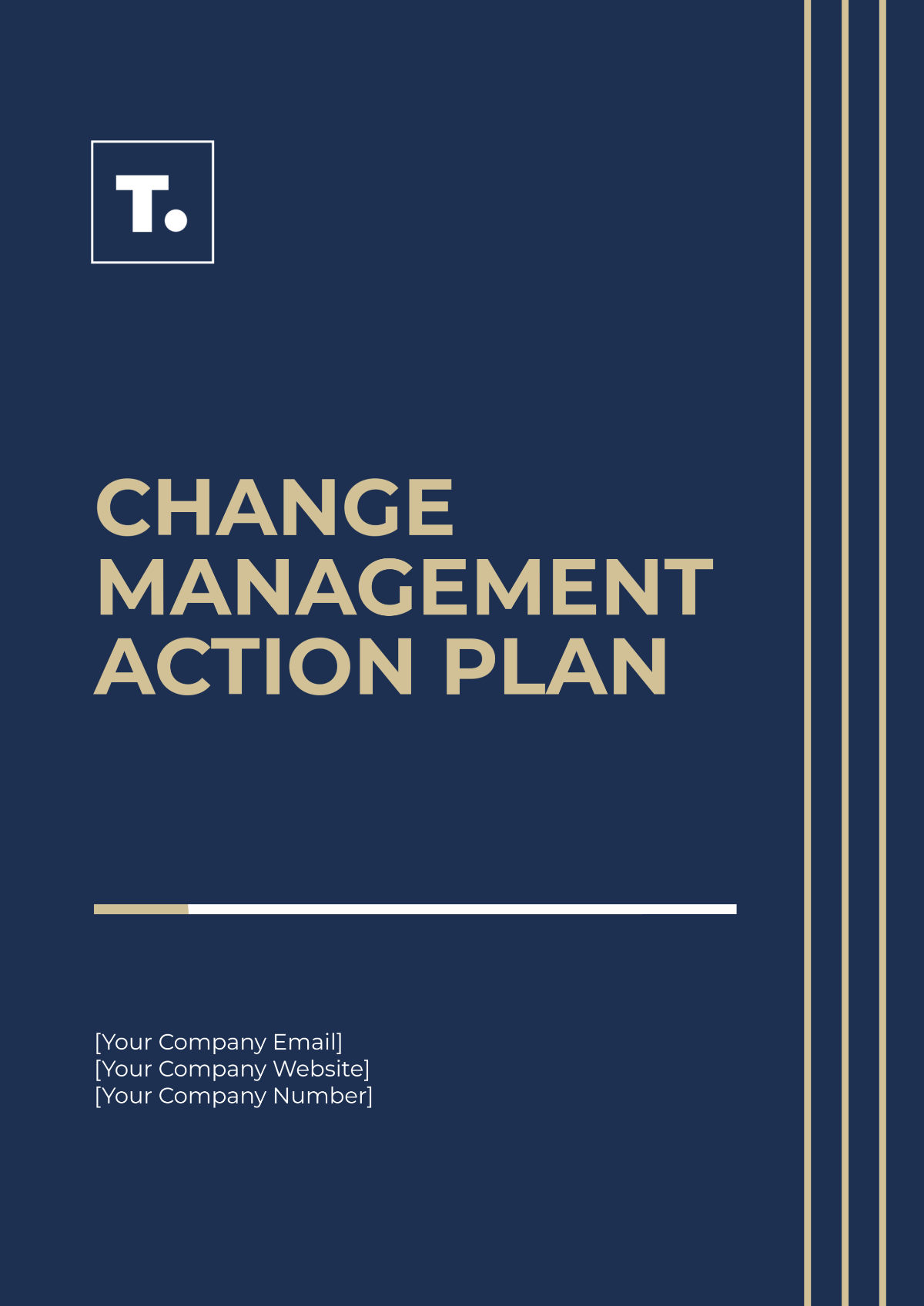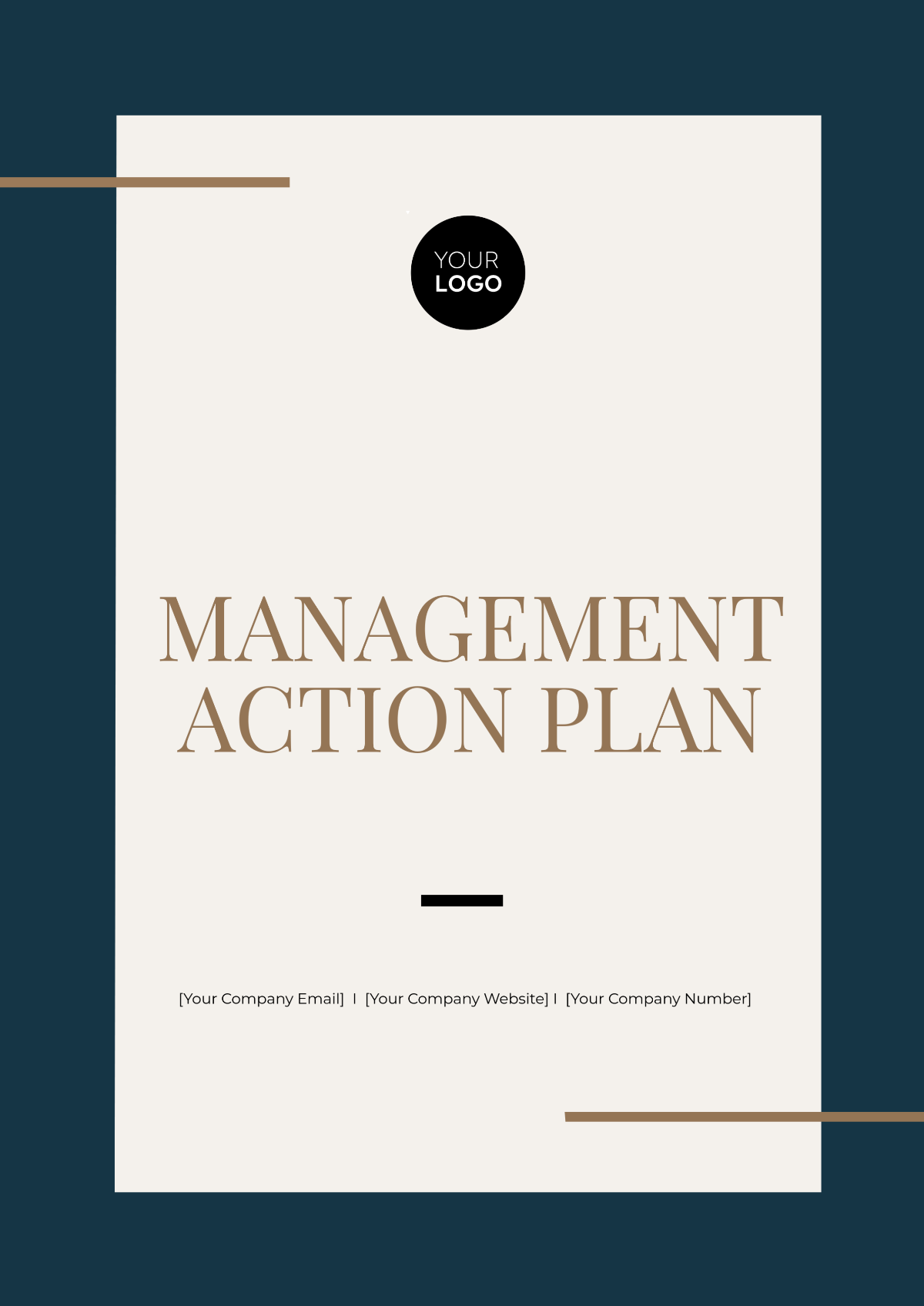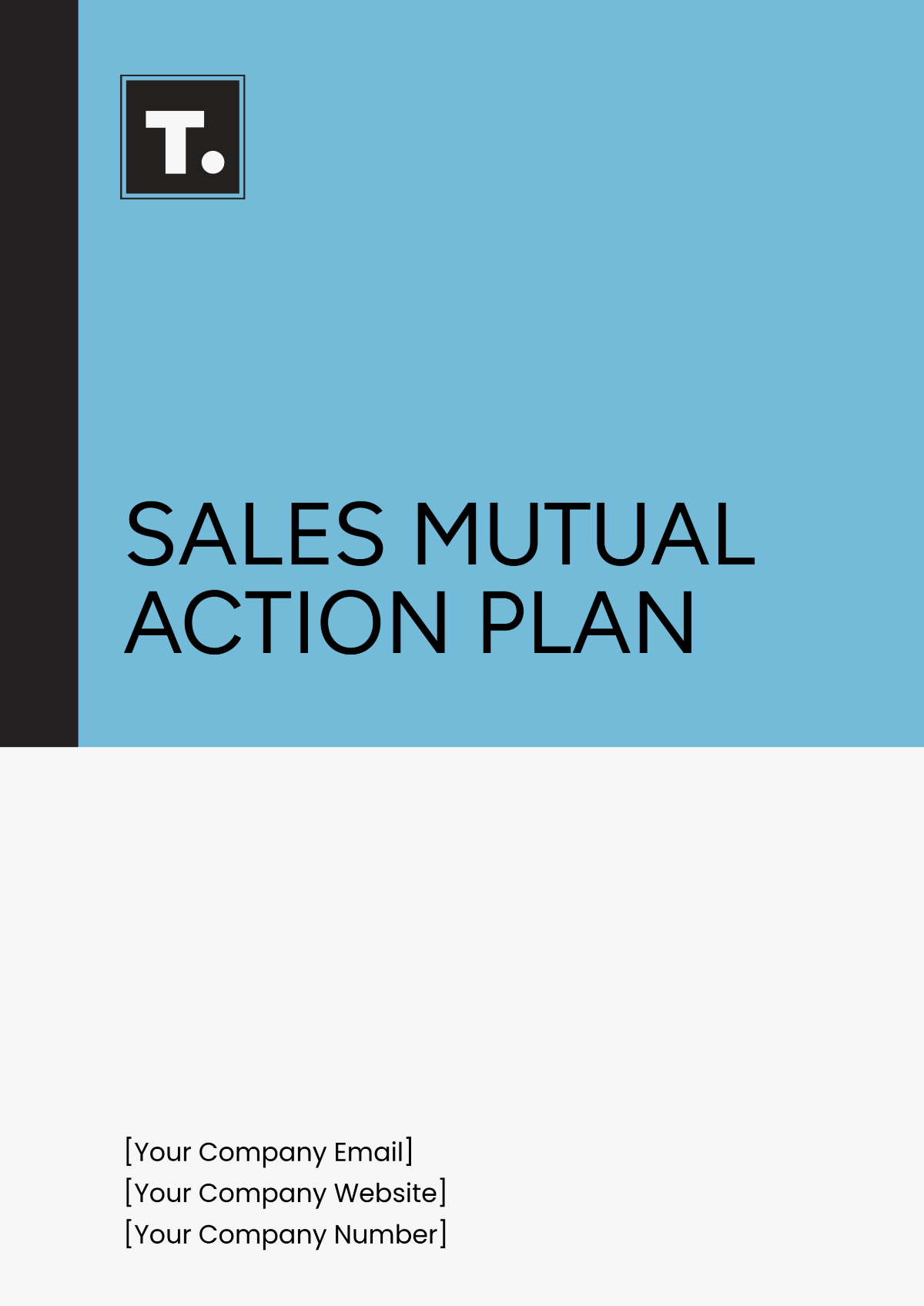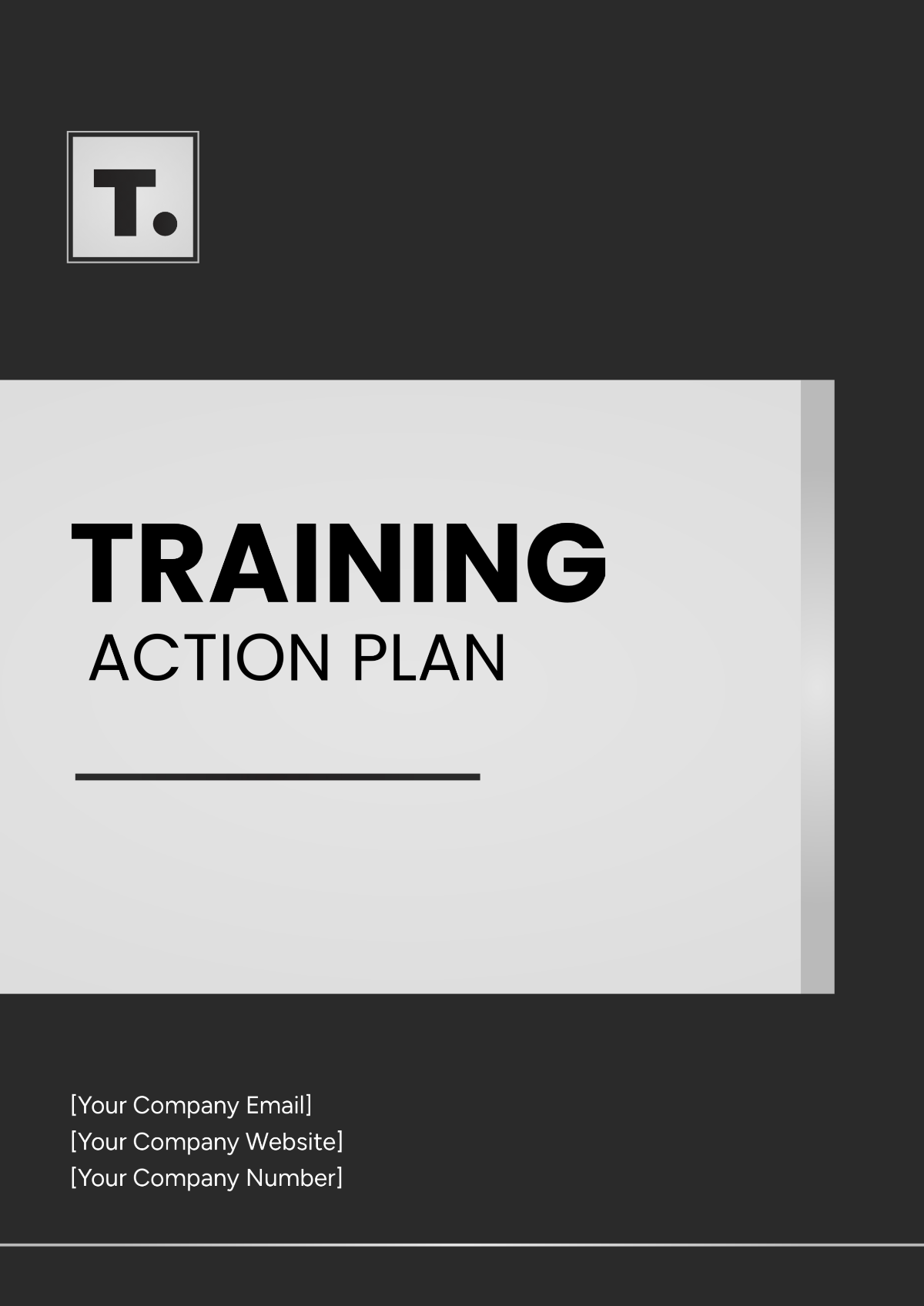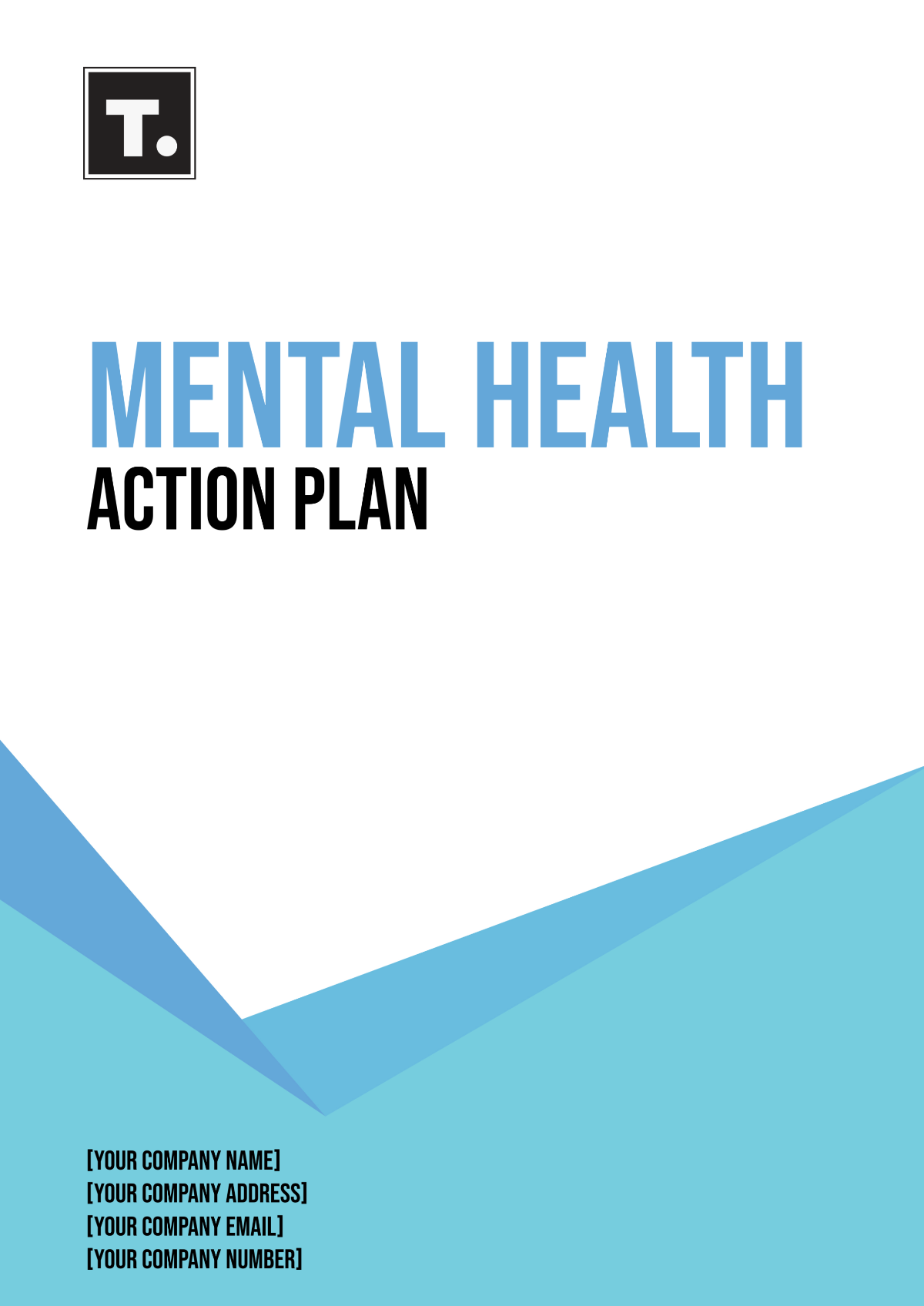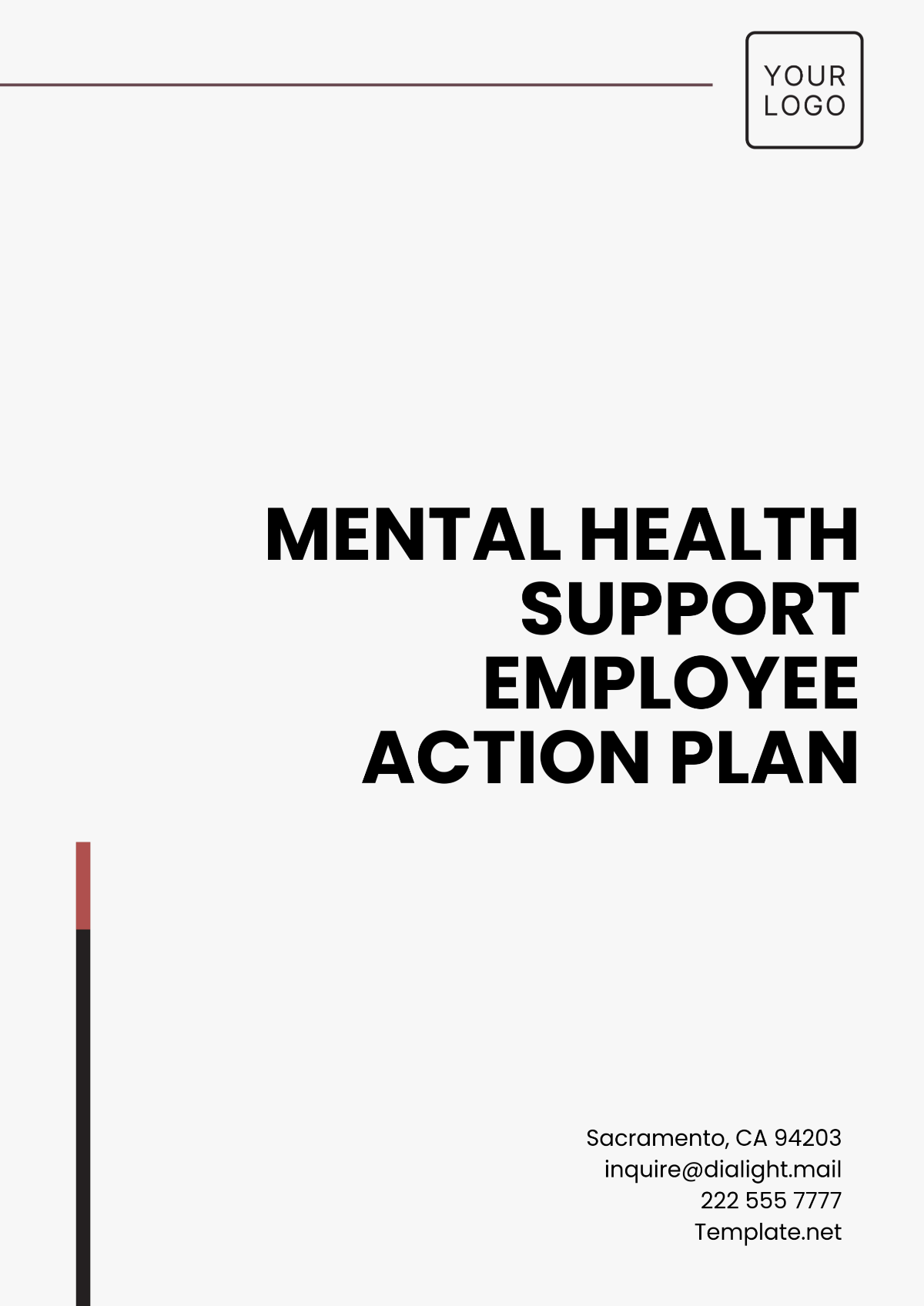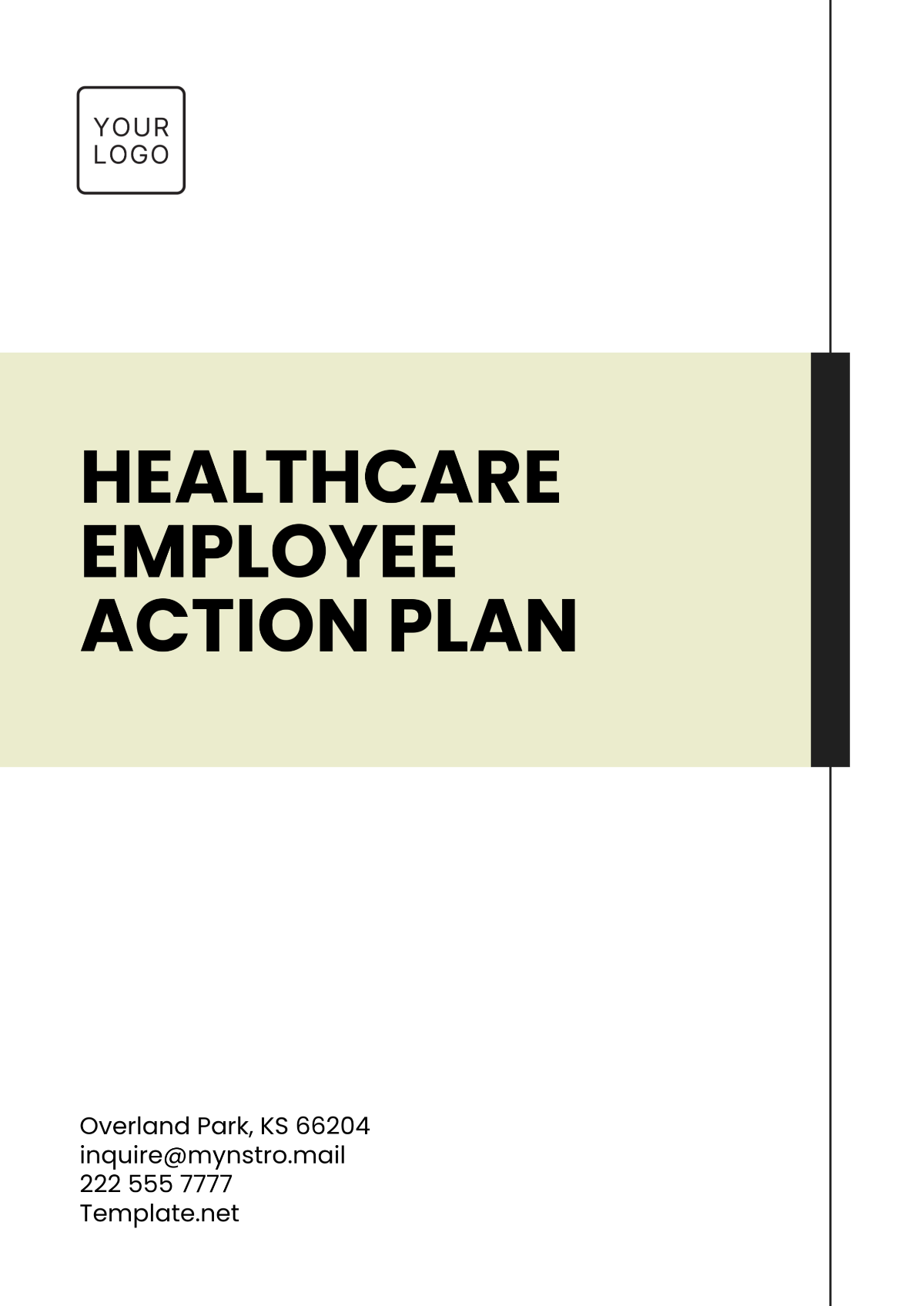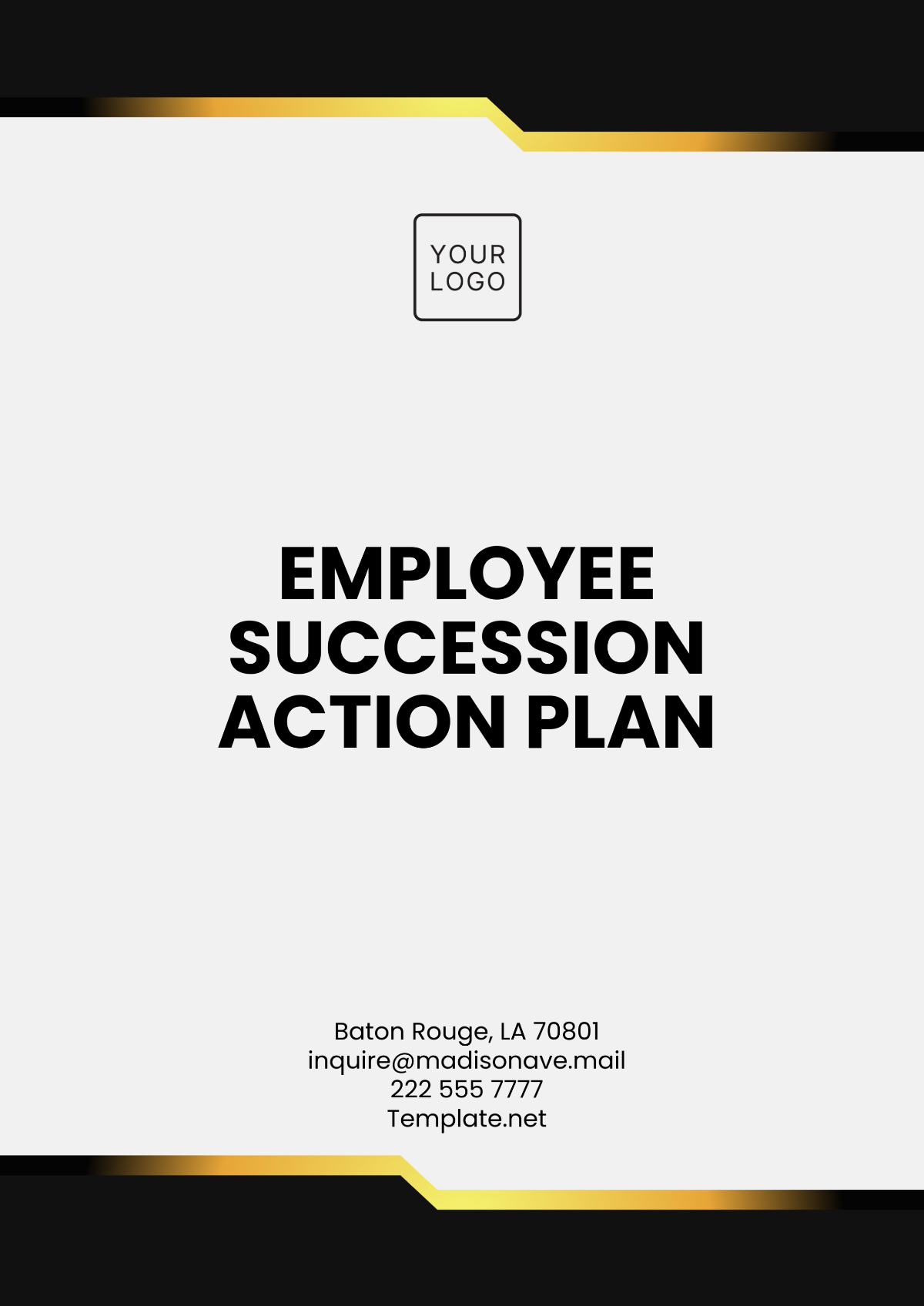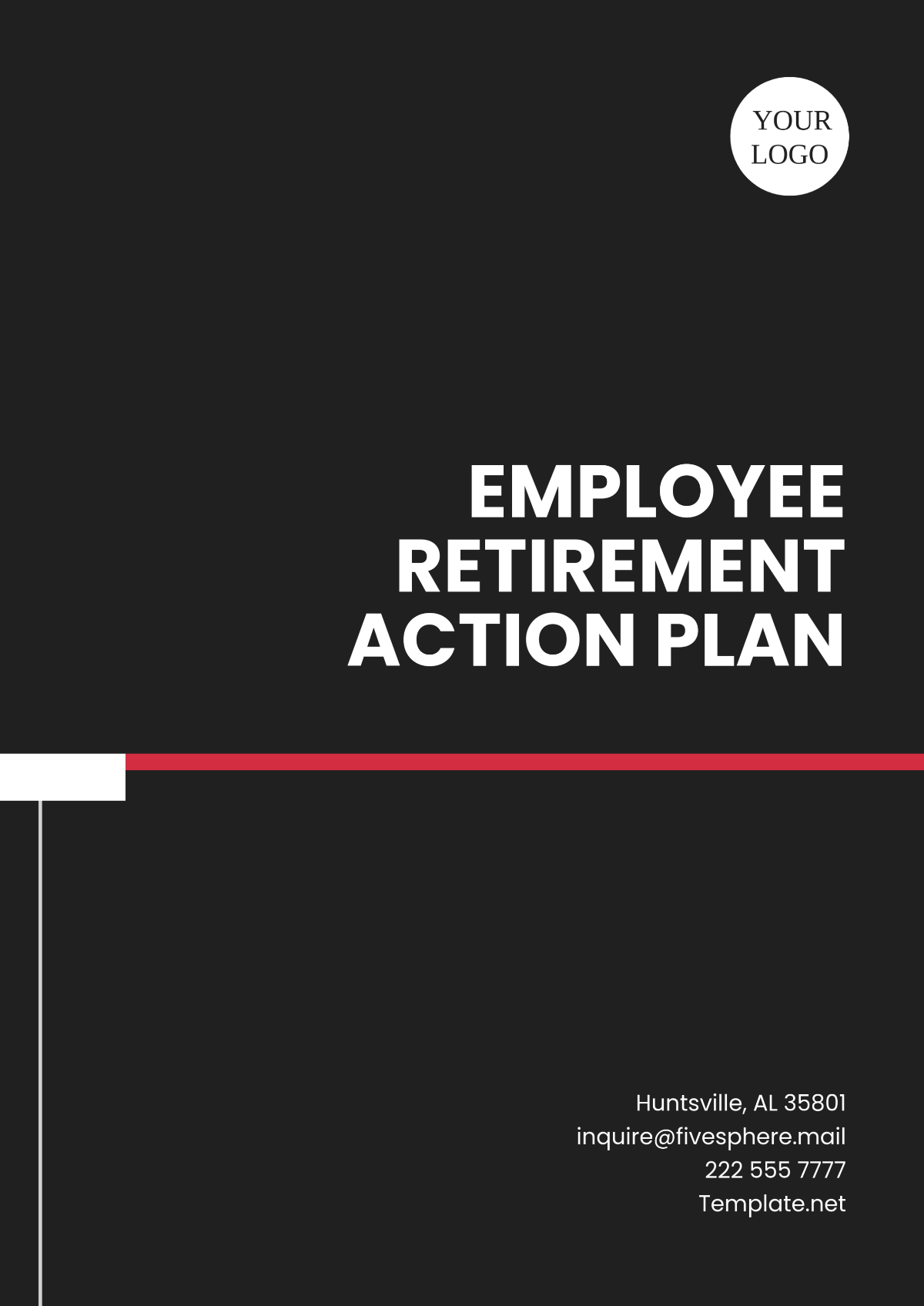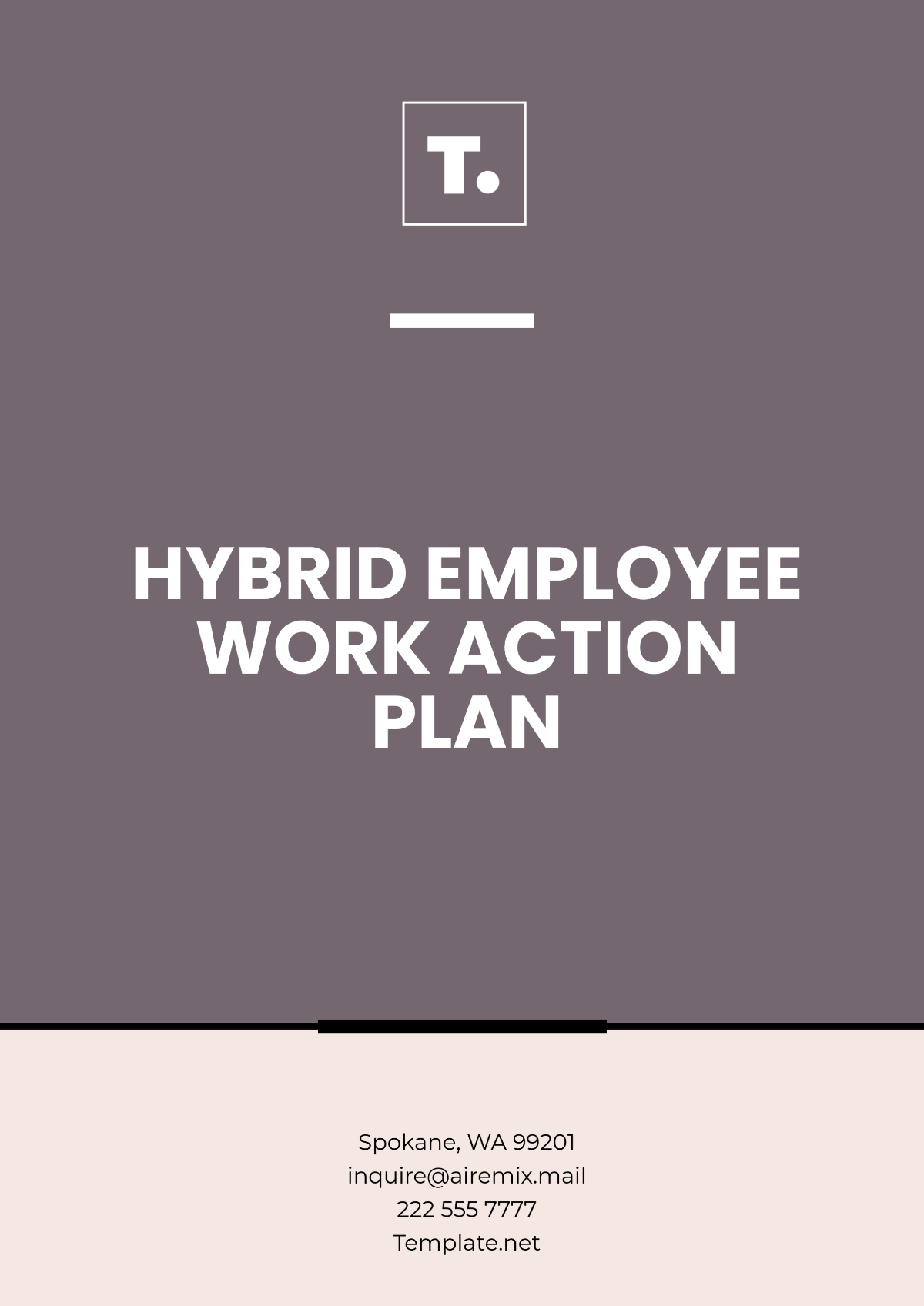Project Management Action Plan
Prepared by: [Your Name]
I. Executive Summary
The purpose of this Project Management Action Plan for [Your Company Name] is to outline the steps necessary for the successful design, construction, and implementation of a drainage system. The plan will detail the scope, objectives, timeline, resources, risks, and stakeholders involved in the project to ensure effective project management and successful completion.
II. Project Objectives
Improve Drainage Efficiency: Design and construct a drainage system that effectively manages rainwater and prevents flooding.
Sustainability: Implement environmentally friendly solutions that enhance water quality and promote sustainable water management practices.
Community Impact: Minimize disruption to the community during construction and improve the overall quality of life by reducing flood risks.
III. Scope of Work
A. Project Deliverables
Detailed project design and engineering plans
Necessary permits and approvals from relevant authorities
Construction of drainage infrastructure
Installation of monitoring and maintenance systems
Final inspection and project handover
B. Project Boundaries
The project will focus on the designated area prone to flooding as identified in the preliminary assessment. Maintenance and monitoring responsibilities post-completion are not included in this project phase.
IV. Timeline
A. Project Schedule
Phase | Duration |
|---|---|
Project Initiation | 2 weeks |
Planning and Design | 6 weeks |
Permitting and Approvals | 4 weeks |
Construction | 12 weeks |
Inspection and Handover | 2 weeks |
Total Duration | 26 weeks |
B. Milestones
Milestone | Completion Week |
|---|---|
Project Kickoff | Week 1 |
Completion of Design Plans | Week 8 |
Permits Secured | Week 12 |
Construction Start | Week 14 |
Mid-Construction Review | Week 20 |
Construction Completion | Week 26 |
Final Inspection and Handover | Week 28 |
V. Resource Allocation
A. Human Resources
Role | Responsibilities |
|---|---|
Project Manager | Oversees the project from initiation to completion. |
Engineers | Responsible for design and technical specifications. |
Construction Team | Executes the construction phase. |
Environmental Specialist | Ensures compliance with environmental regulations. |
Quality Assurance Team | Conducts inspections and ensures quality standards. |
B. Material Resources
Resource Type | Details |
|---|---|
Construction Materials | Pipes, concrete, gravel, etc. |
Machinery and Equipment | Excavators, cranes, etc. |
Safety Equipment | Personal protective equipment (PPE) for all workers. |
VI. Budget Breakdown
Category | Estimated Cost | Notes |
|---|---|---|
Design and Planning | $50,000 | Includes costs for engineering and design consultancy. |
Permitting and Approvals | $20,000 | Covers fees for obtaining necessary permits and regulatory approvals. |
Construction Materials | $200,000 | Costs for purchasing pipes, concrete, gravel, and other essential materials. |
Machinery and Equipment | $100,000 | Rental or purchase of construction machinery such as excavators and cranes. |
Labor Costs | $150,000 | Wages for the construction team, engineers, environmental specialists, and quality assurance team. |
Total Estimated Budget | $520,000 |
VII. Communication Plan
A kickoff meeting will be held at the project’s inception to brief all stakeholders on the project scope, objectives, and timeline. This meeting will serve as a platform for initial queries and alignment on project goals. Throughout the project, regular updates will be provided. Weekly progress reports will be shared with the project team and key stakeholders to keep everyone informed about the current status and upcoming tasks. Additionally, monthly stakeholder meetings will be organized to review the progress, address any issues, and discuss any adjustments needed in the project plan.
A feedback mechanism will be established to facilitate open communication. Stakeholders will have designated channels, such as email and project management software, to provide feedback, raise concerns, or suggest improvements. Regular surveys and feedback forms will also be distributed to gather insights and assess stakeholder satisfaction.
VIII. Project Closure
A. Final Inspection
The final inspection is a critical step in the project closure phase. It involves a thorough examination of the completed drainage system to ensure that all project deliverables meet the required standards and specifications. The inspection will be conducted by the Quality Assurance Team, along with representatives from local authorities and other relevant stakeholders. Any identified issues or deficiencies will be documented and addressed promptly before the official handover.
B. Handover
Once the final inspection is completed and all issues are resolved, the project will move to the handover phase. This involves officially transferring ownership and responsibility of the drainage system to the local authorities. Detailed operation and maintenance manuals, as well as any relevant documentation, will be provided to ensure a smooth transition. A handover meeting will be held to discuss the system’s functionality, maintenance schedules, and any other pertinent information.
